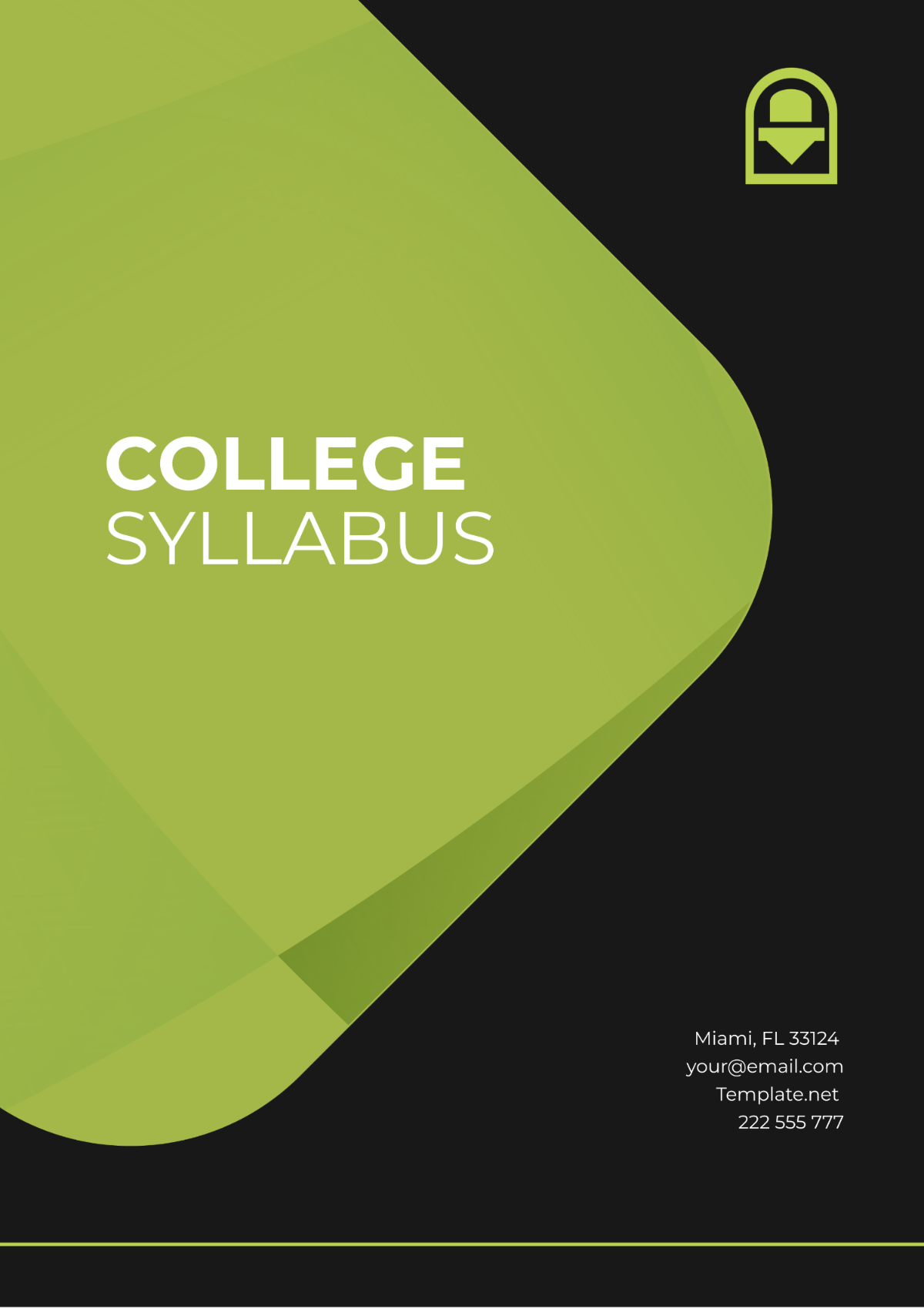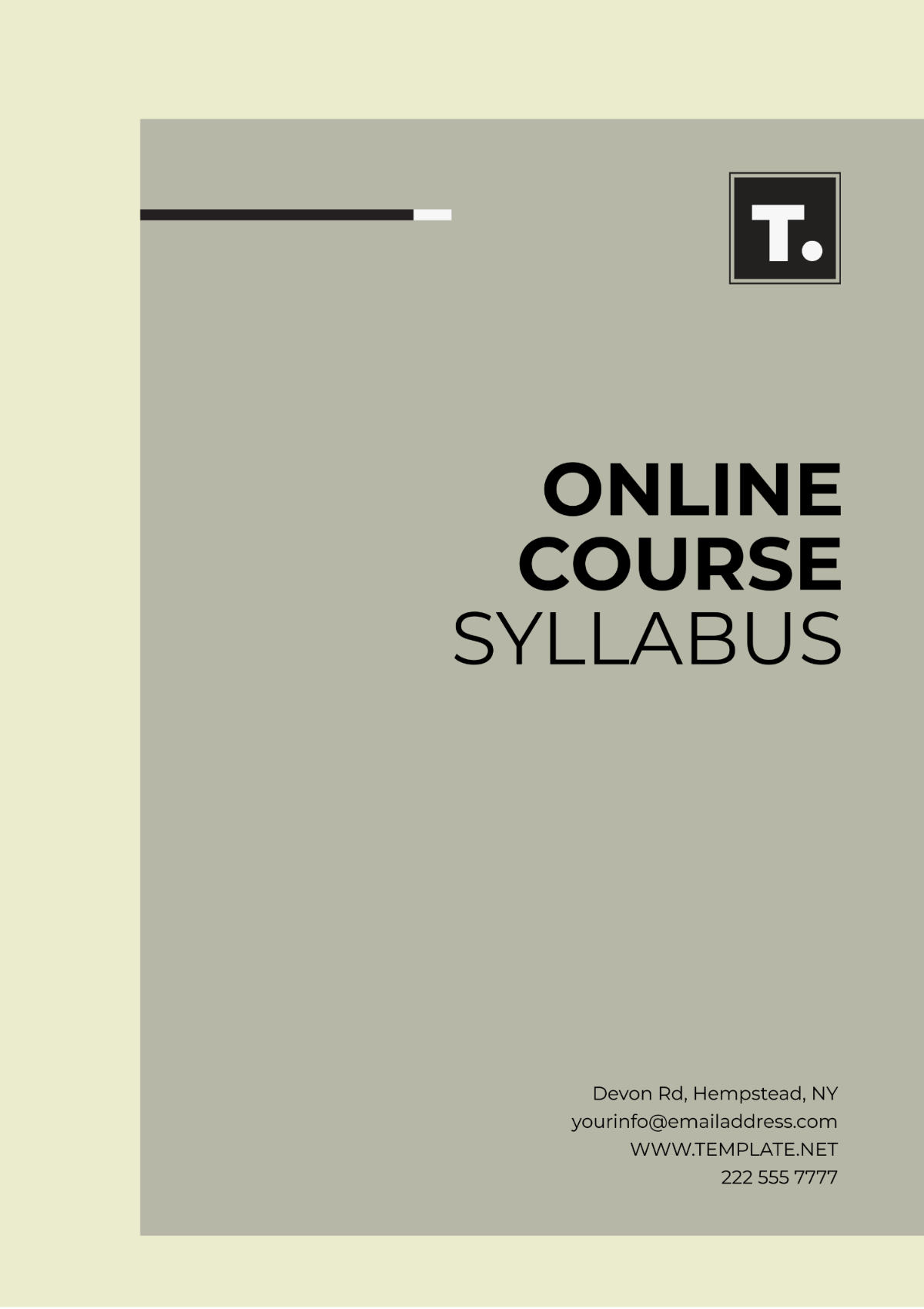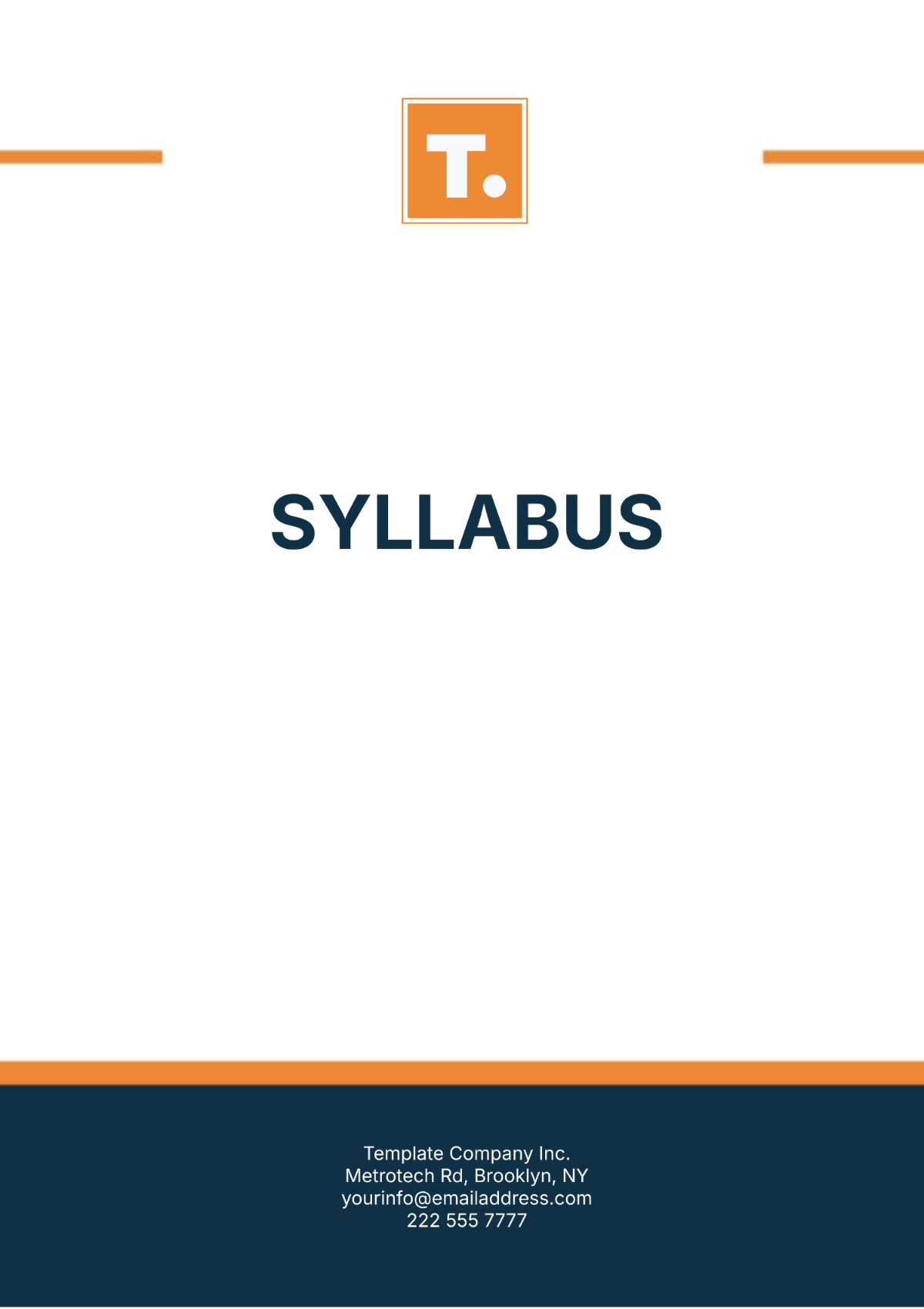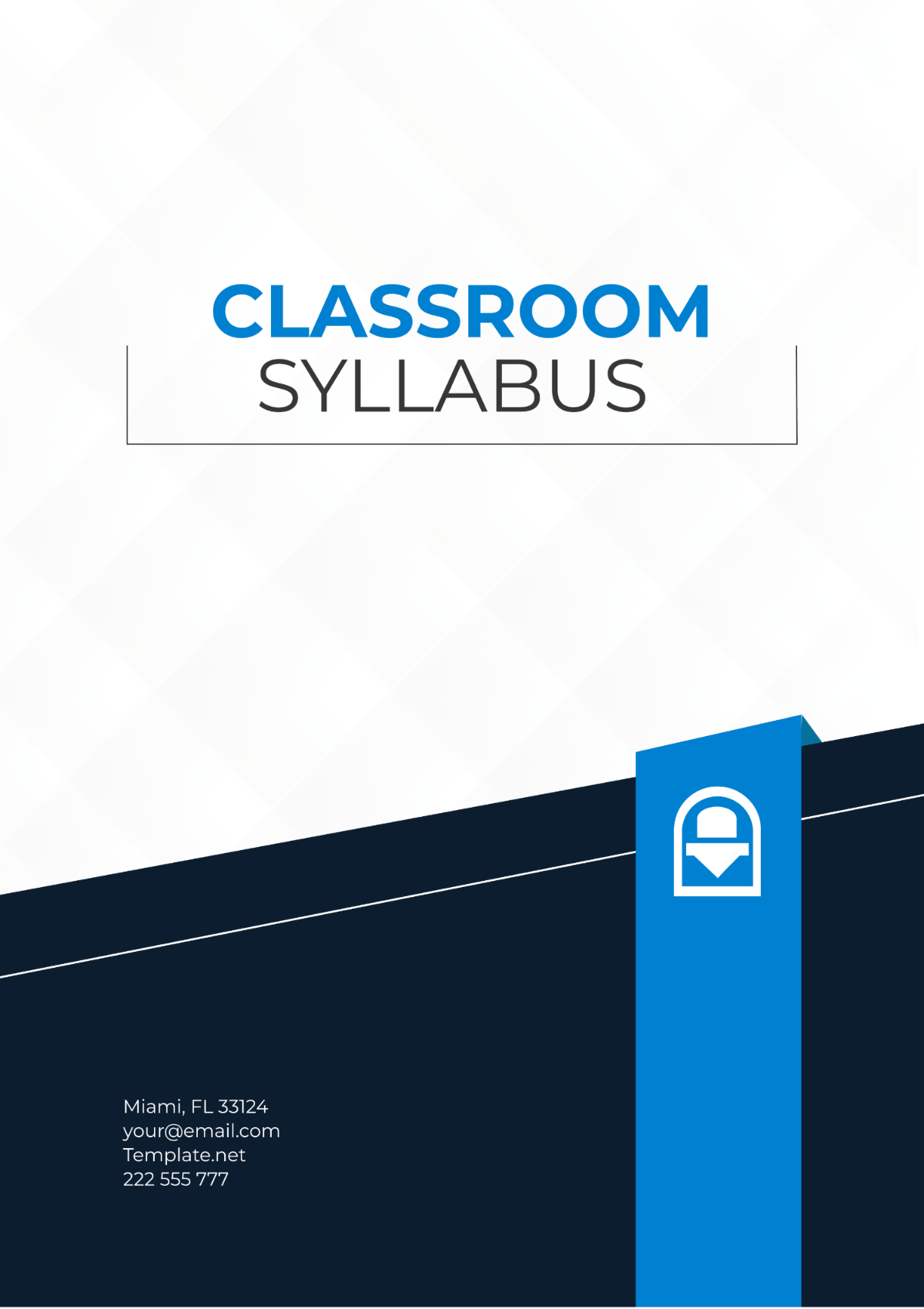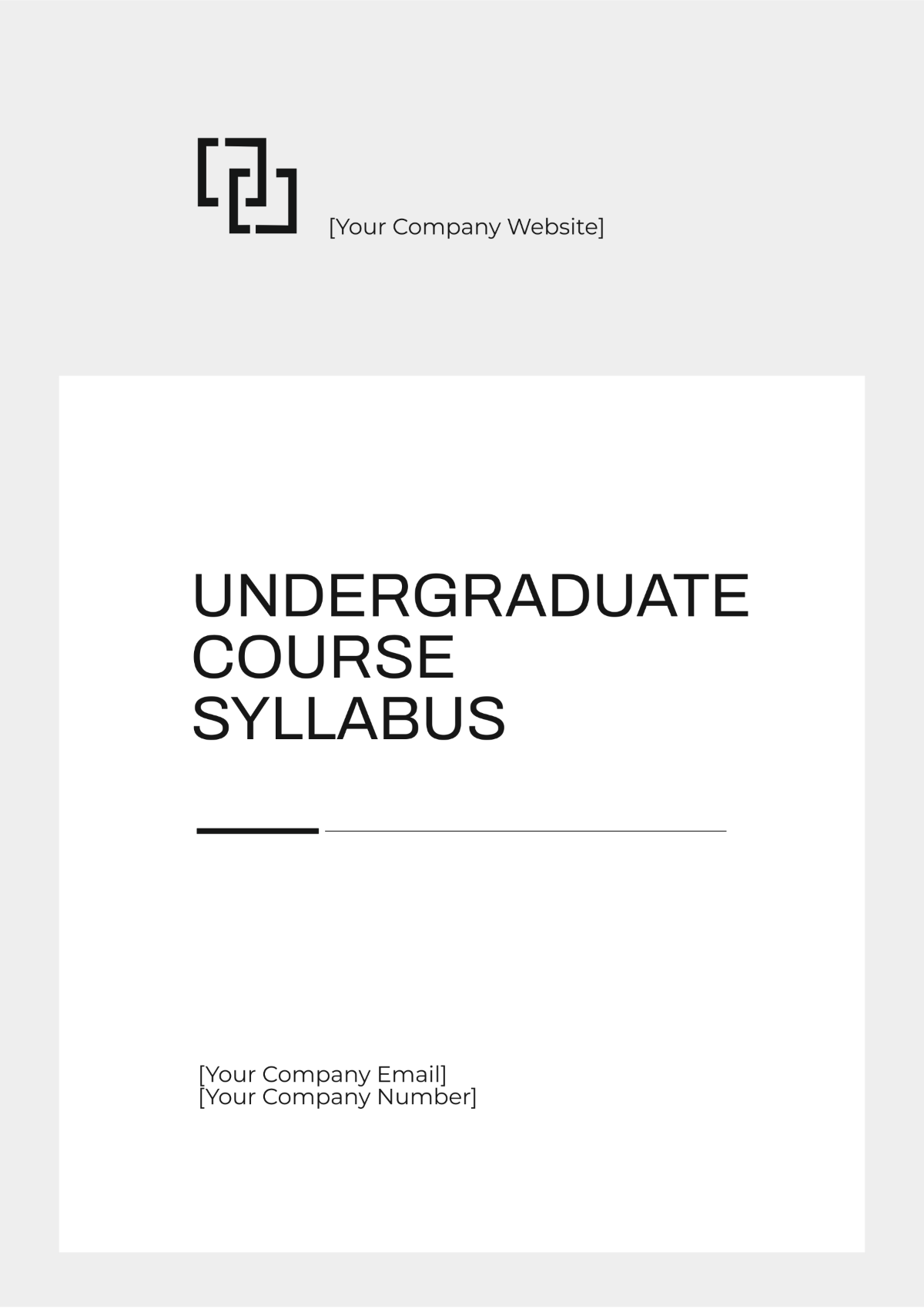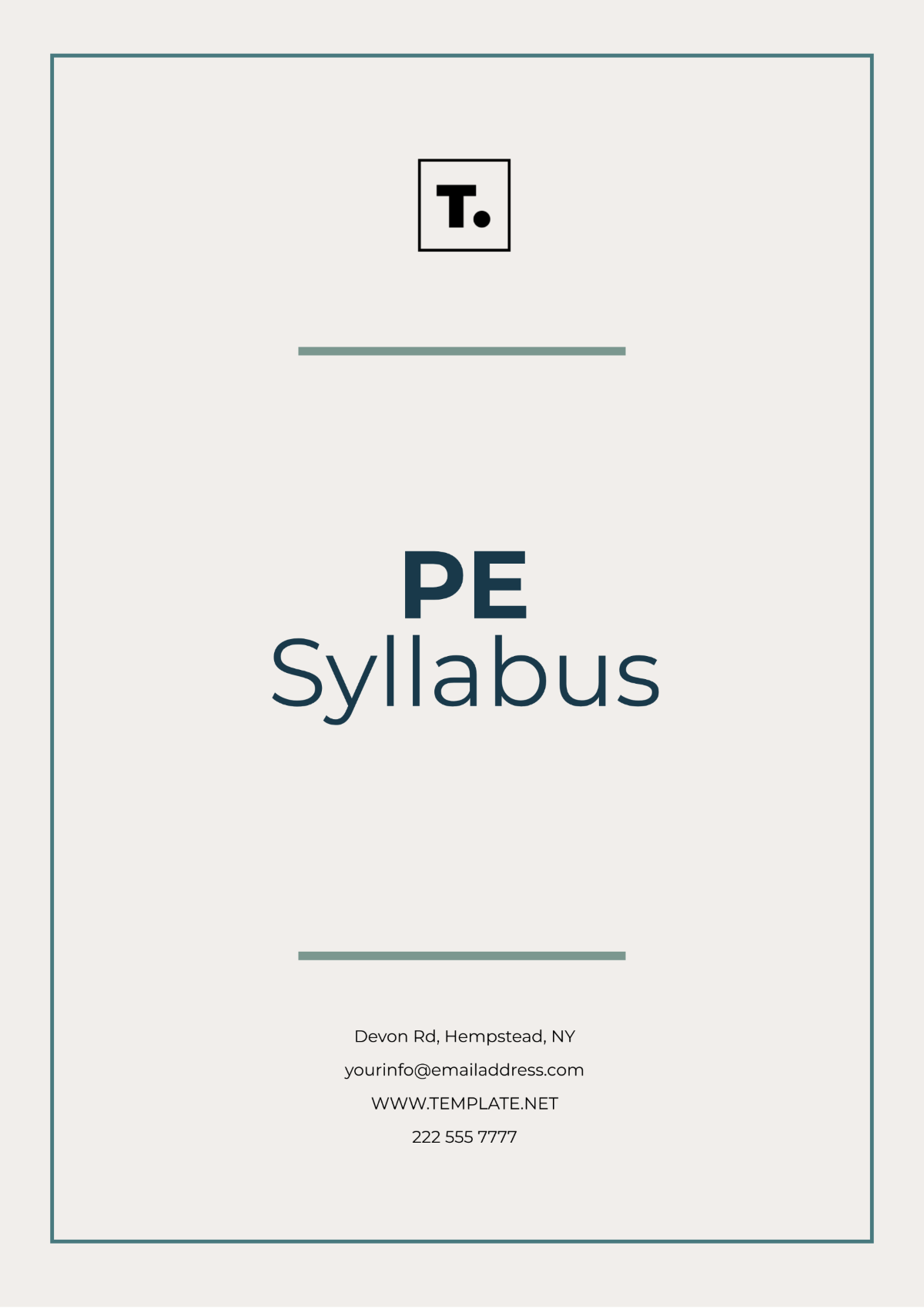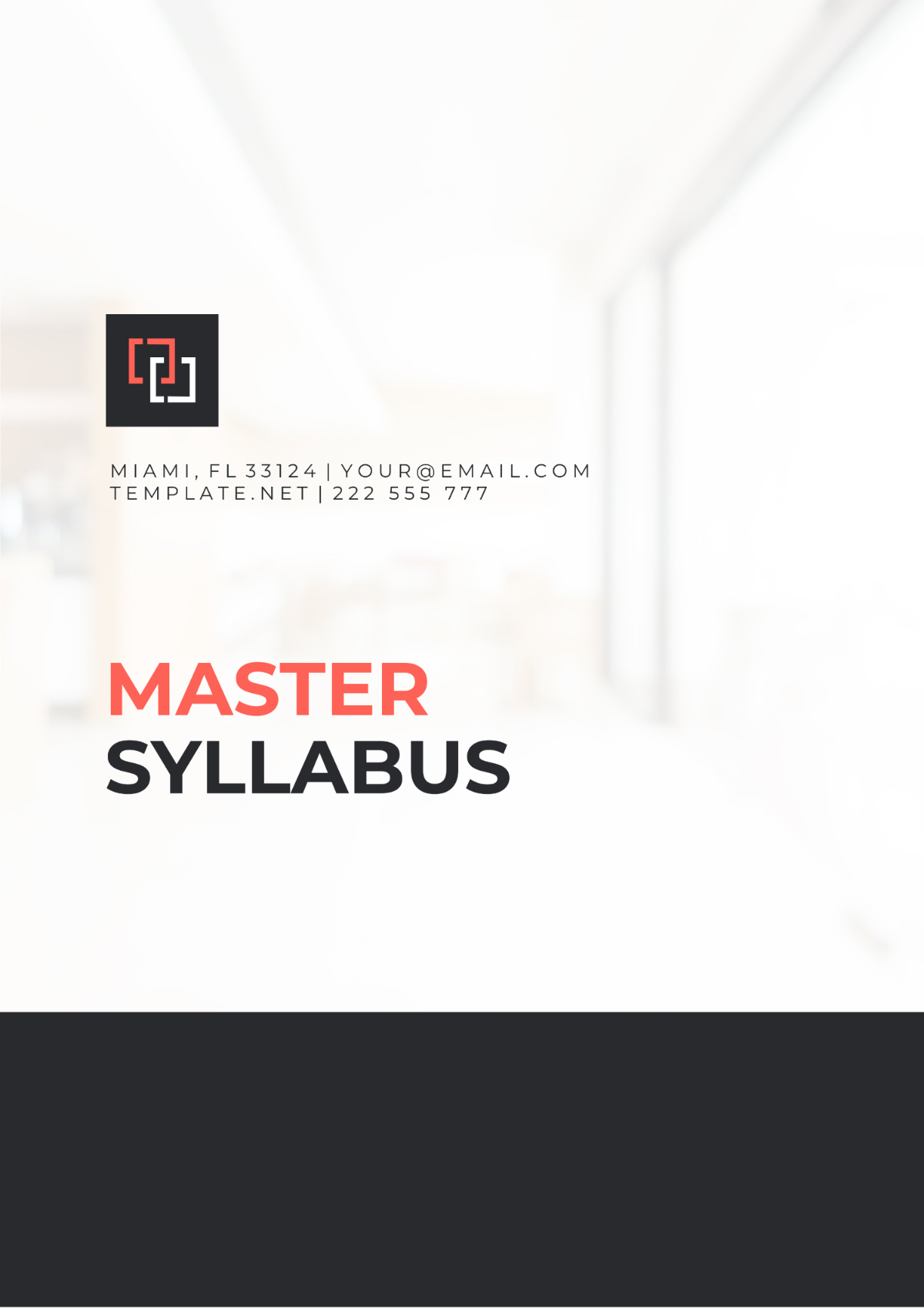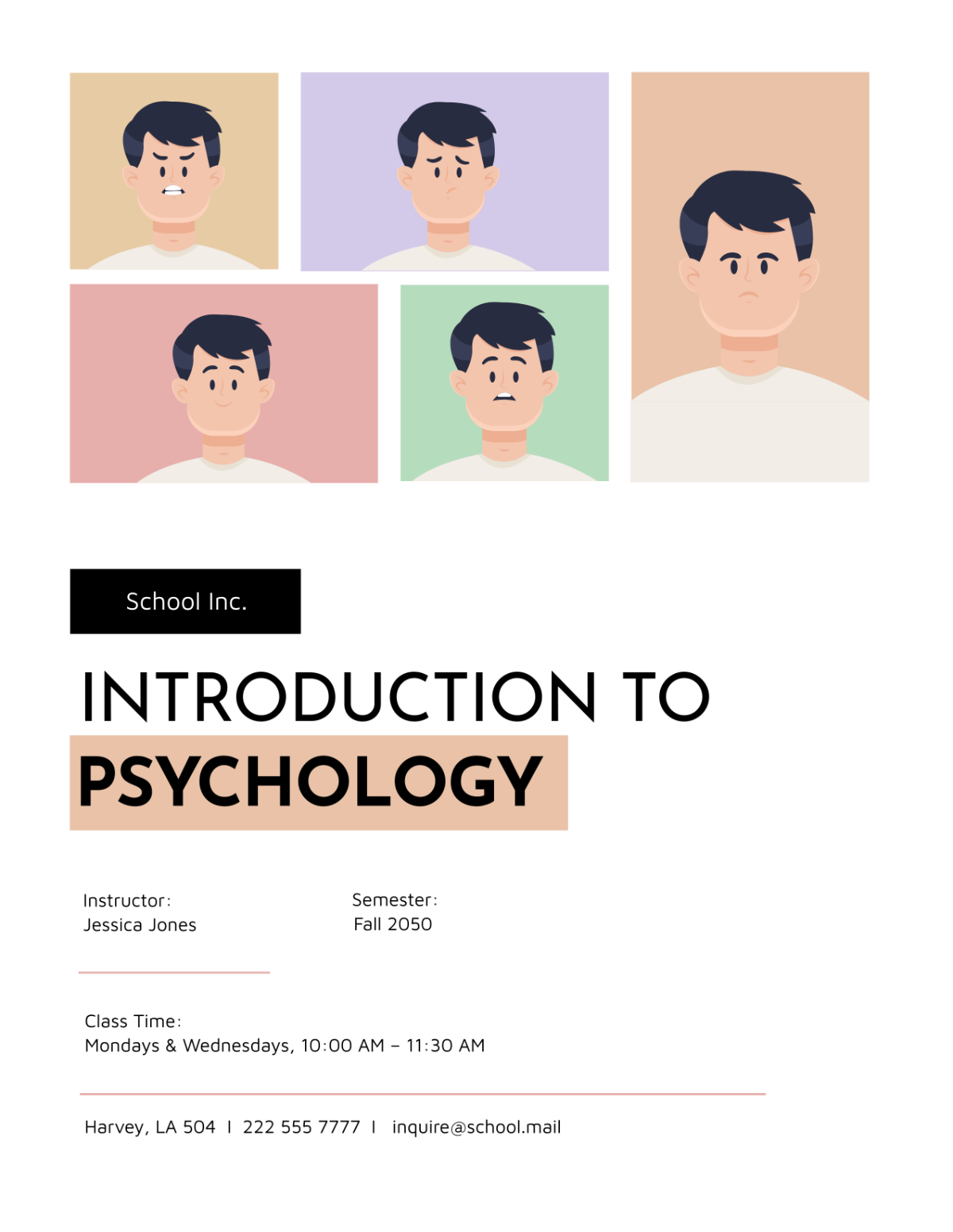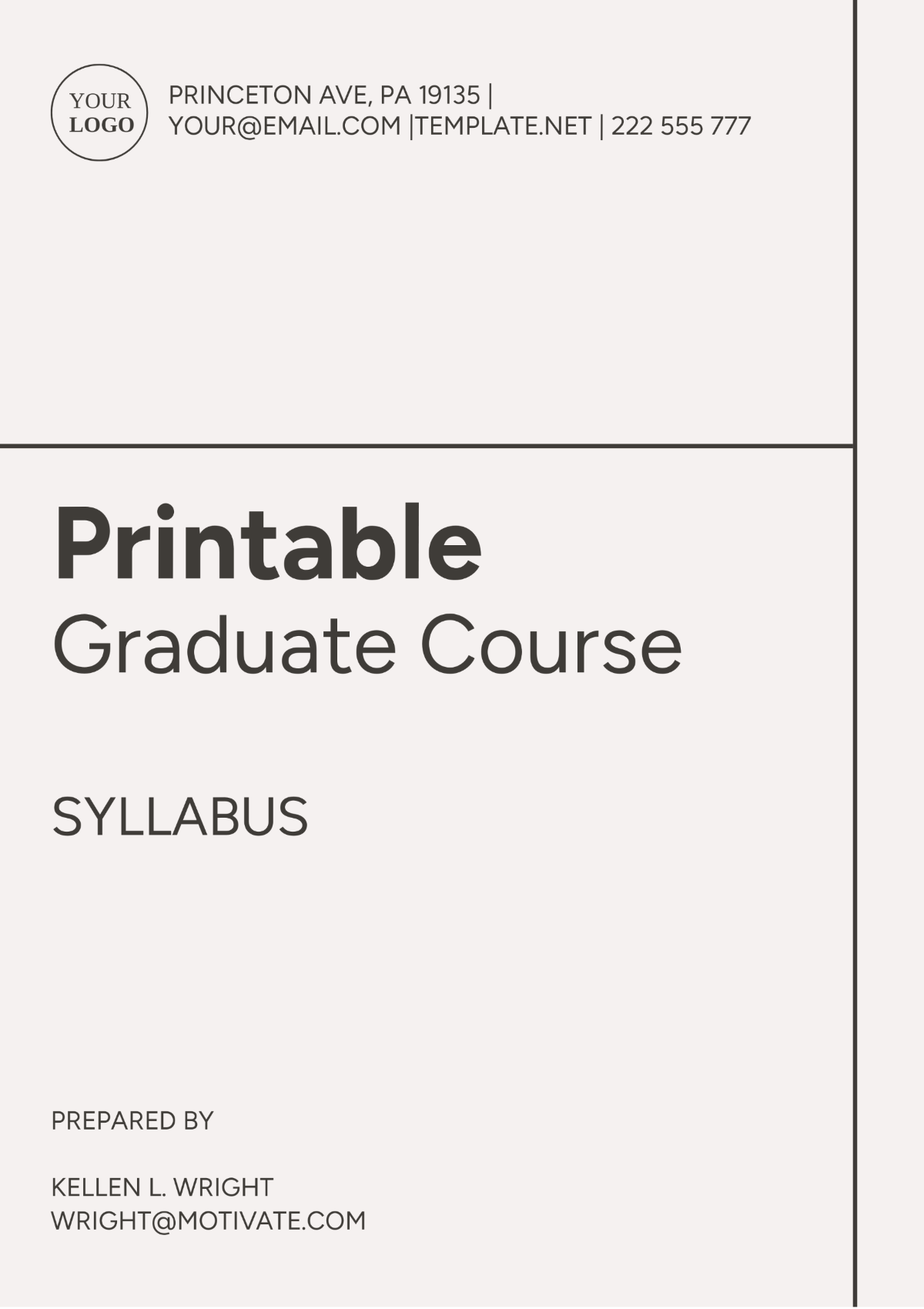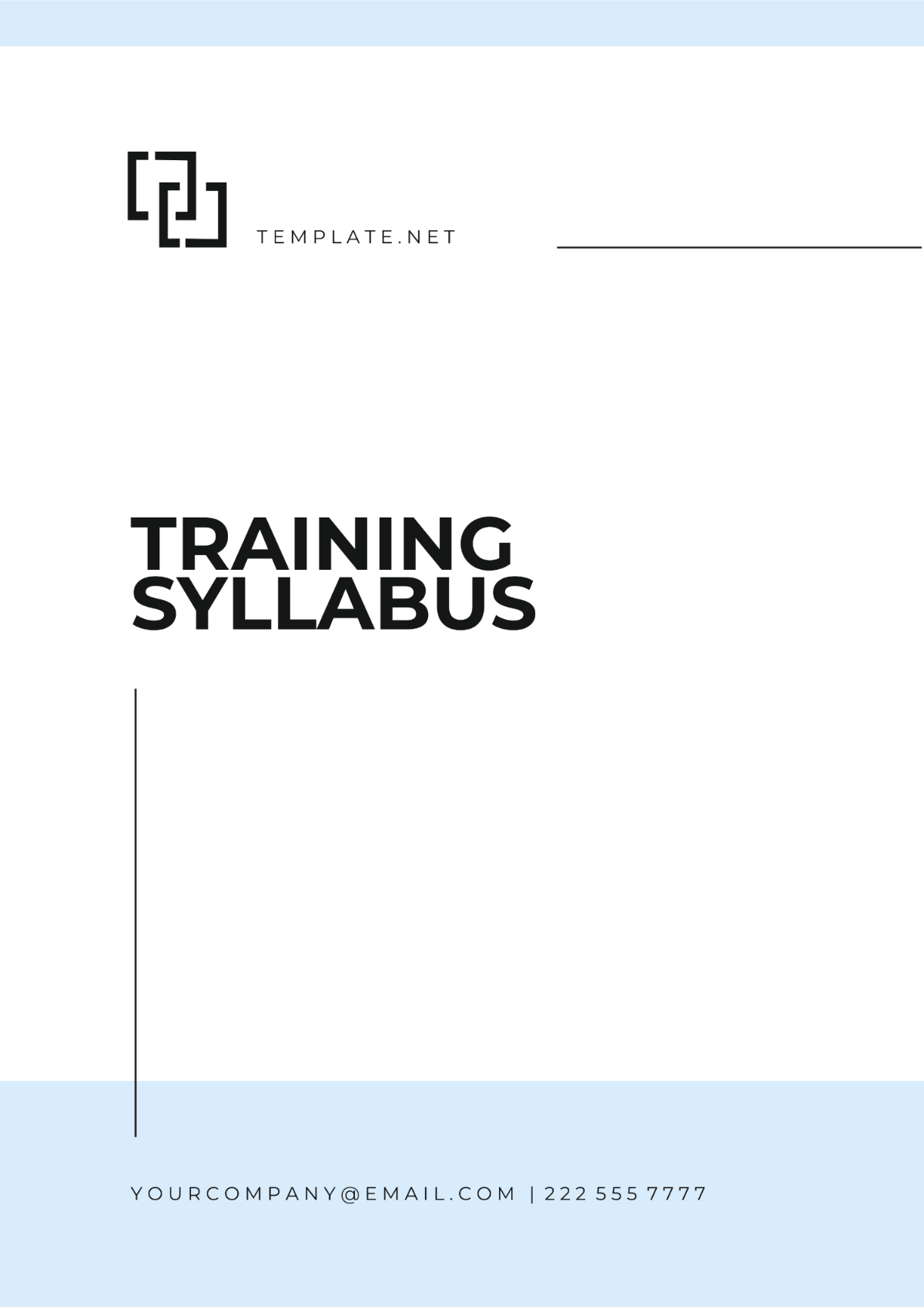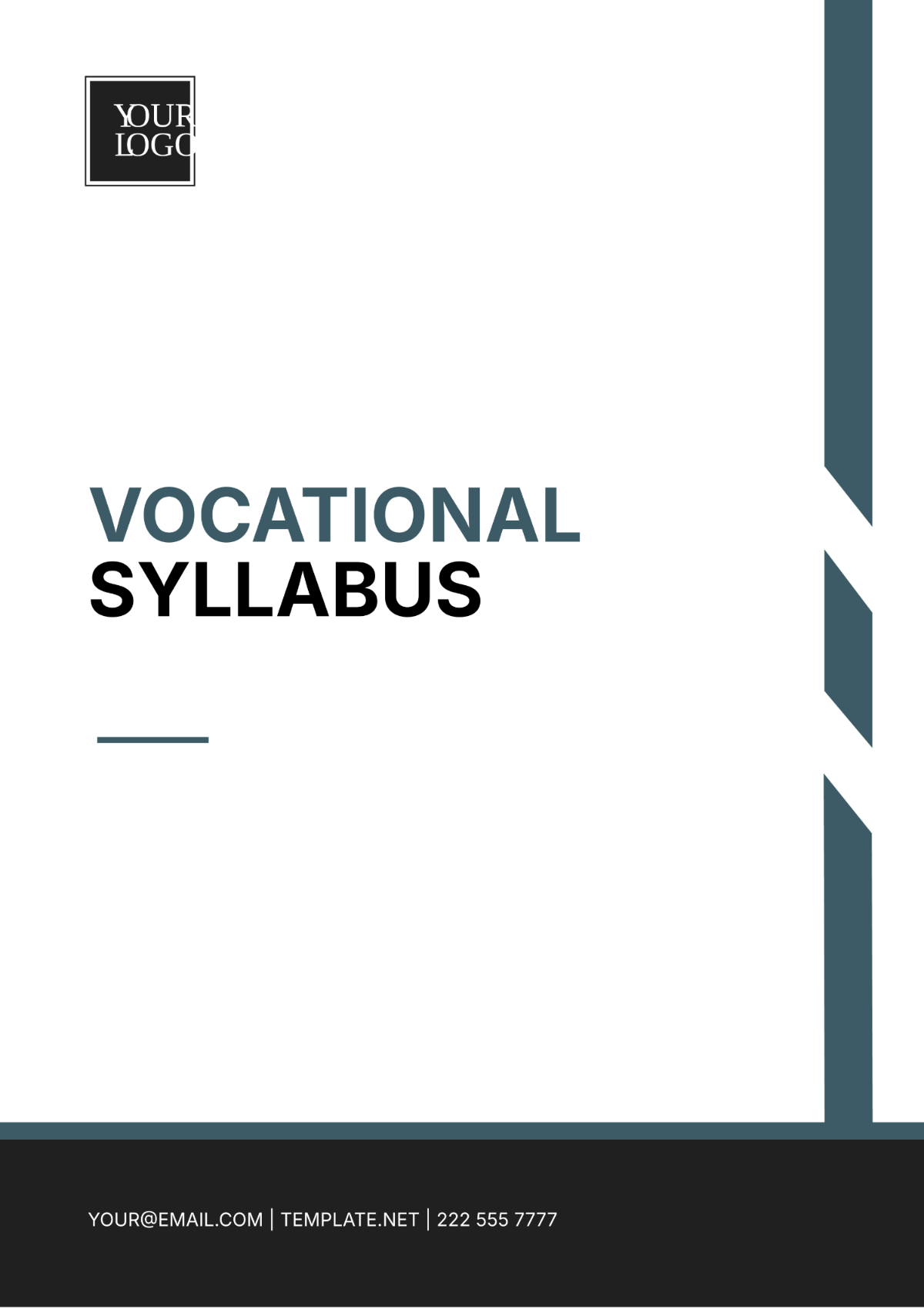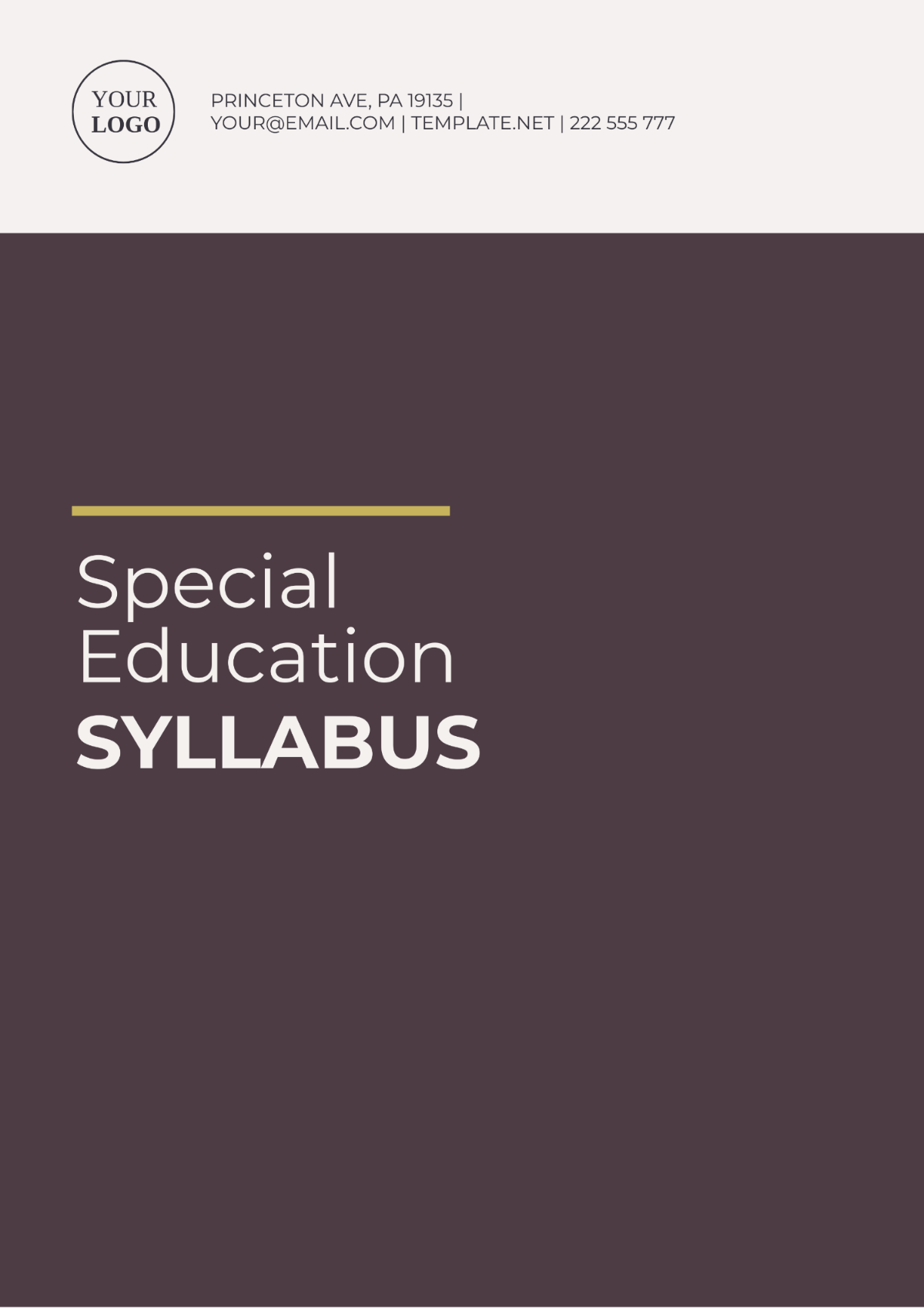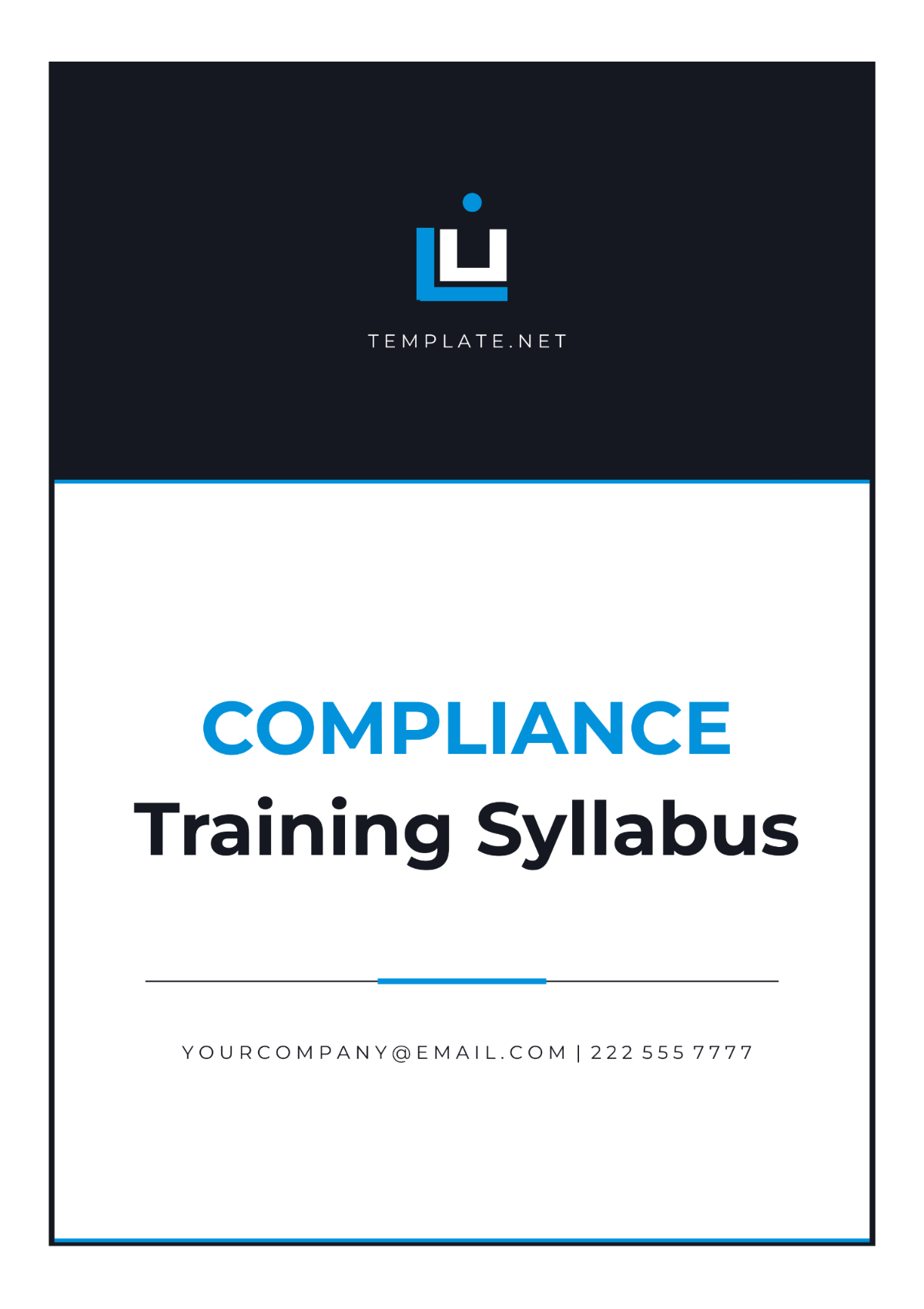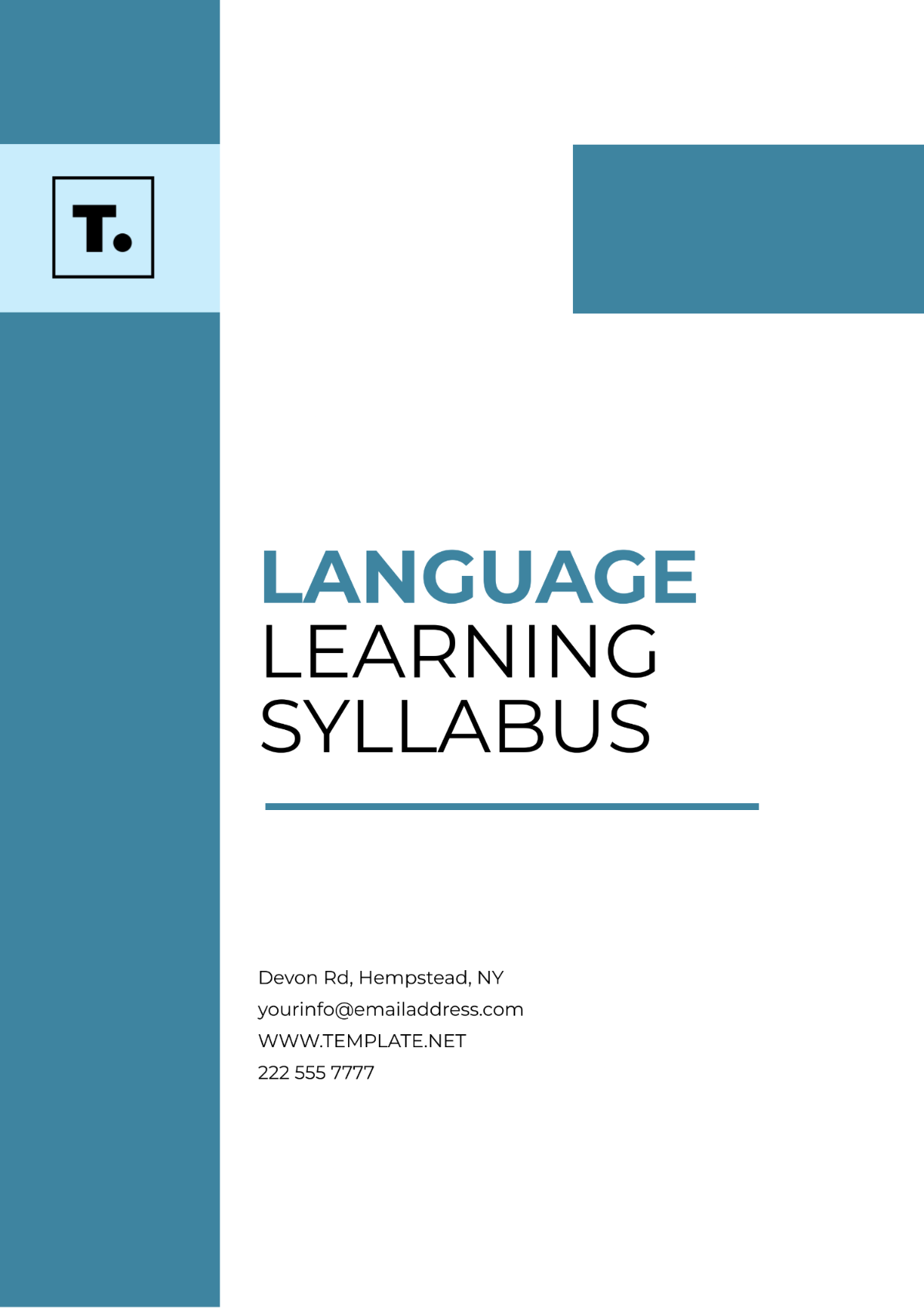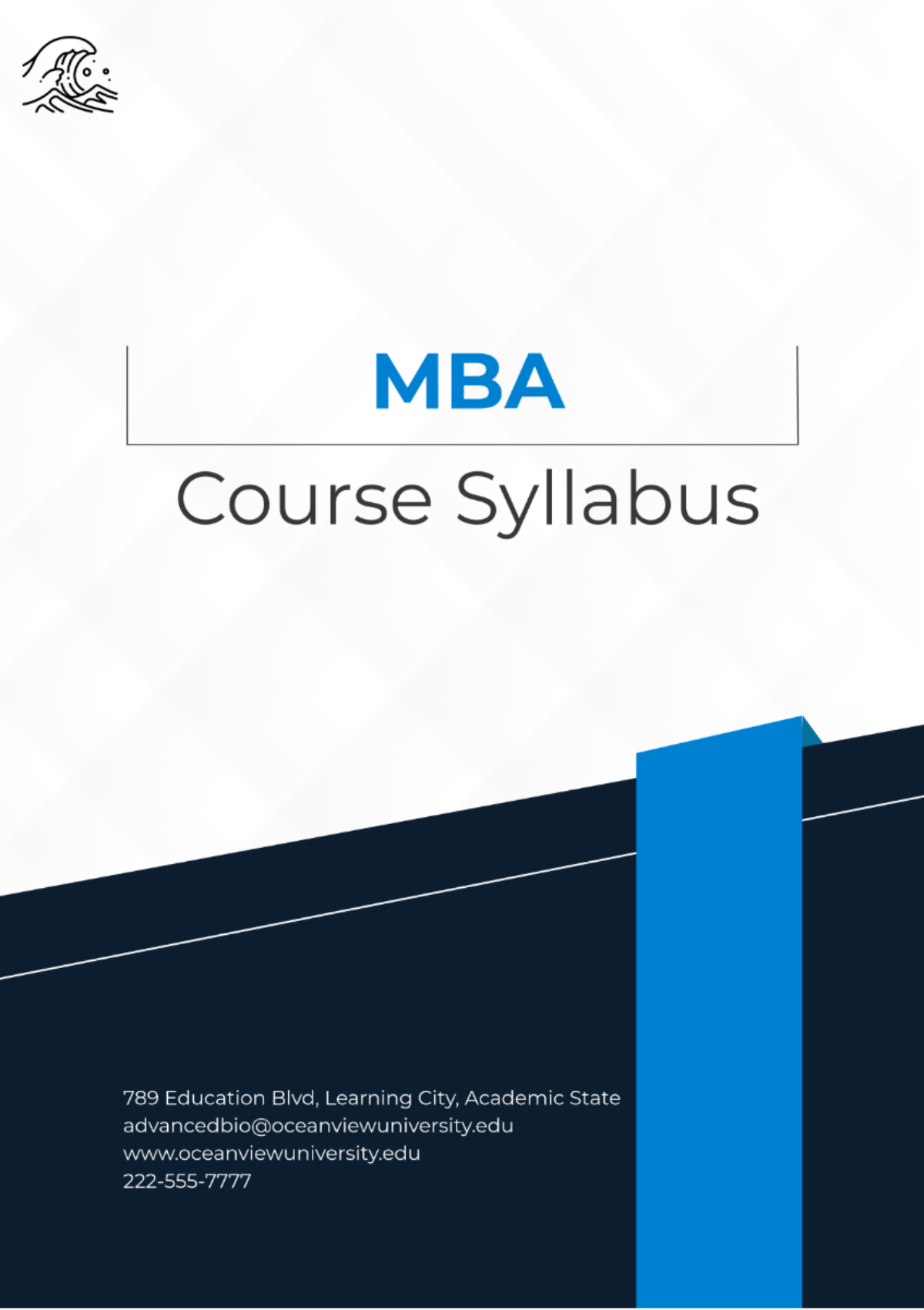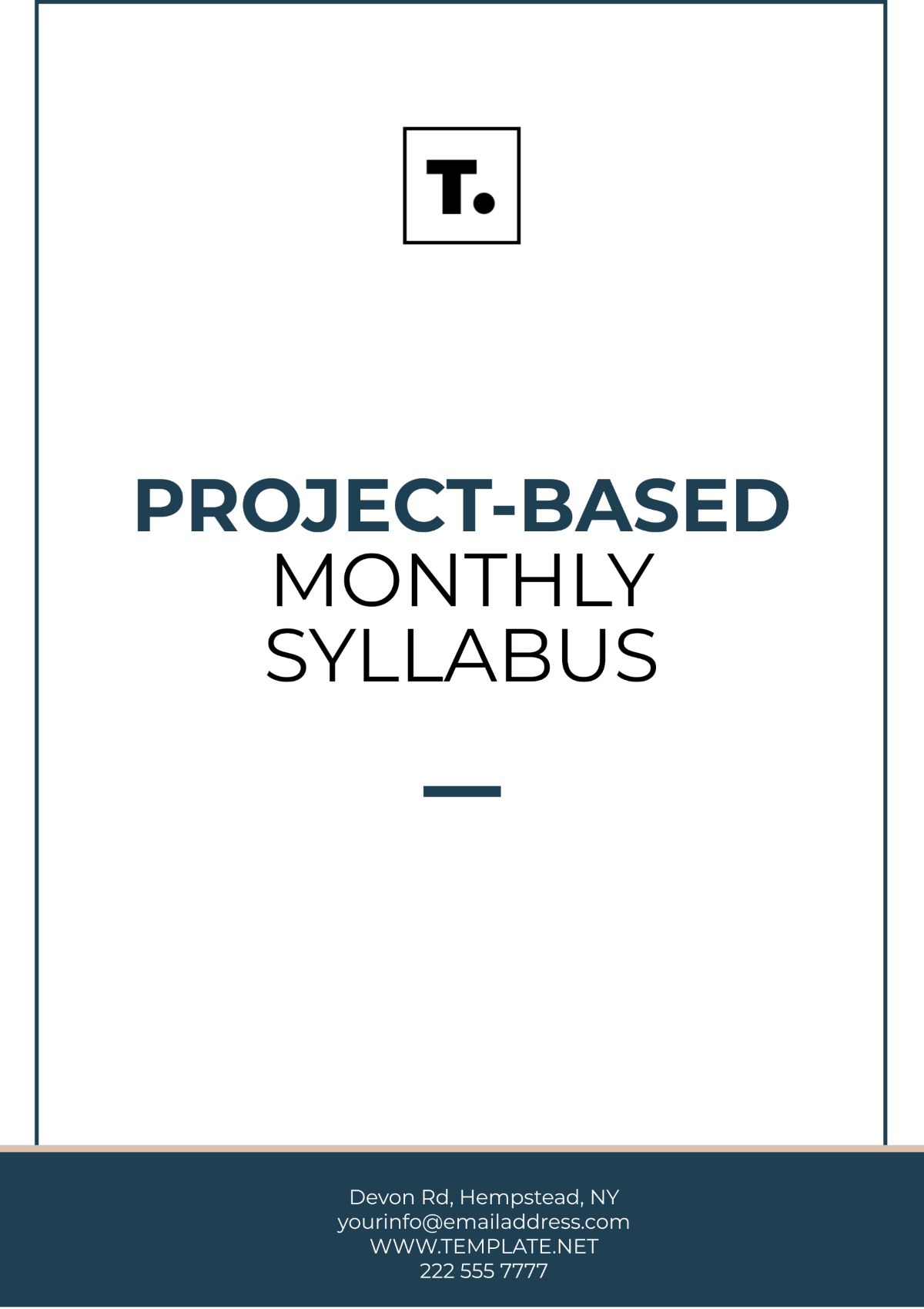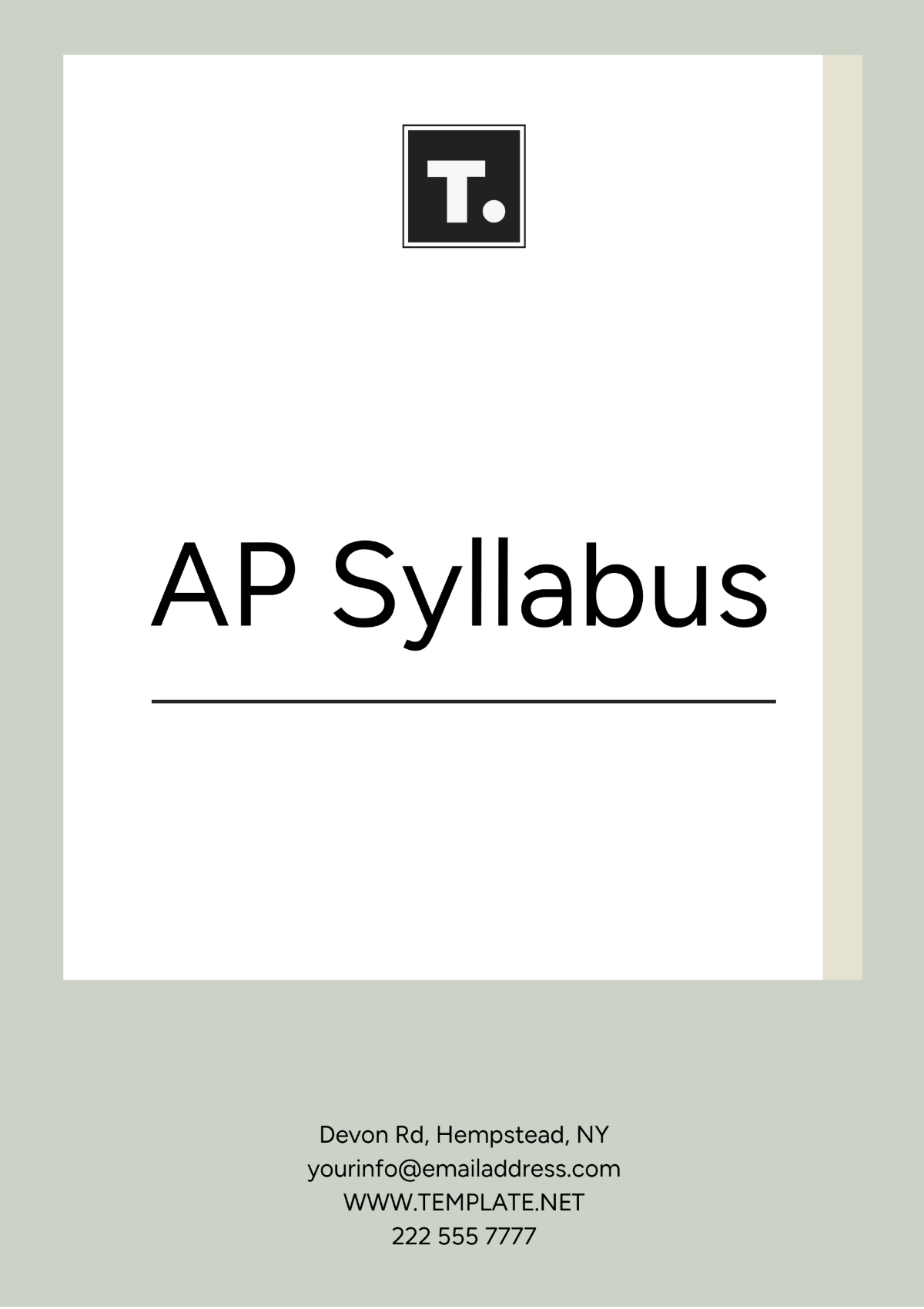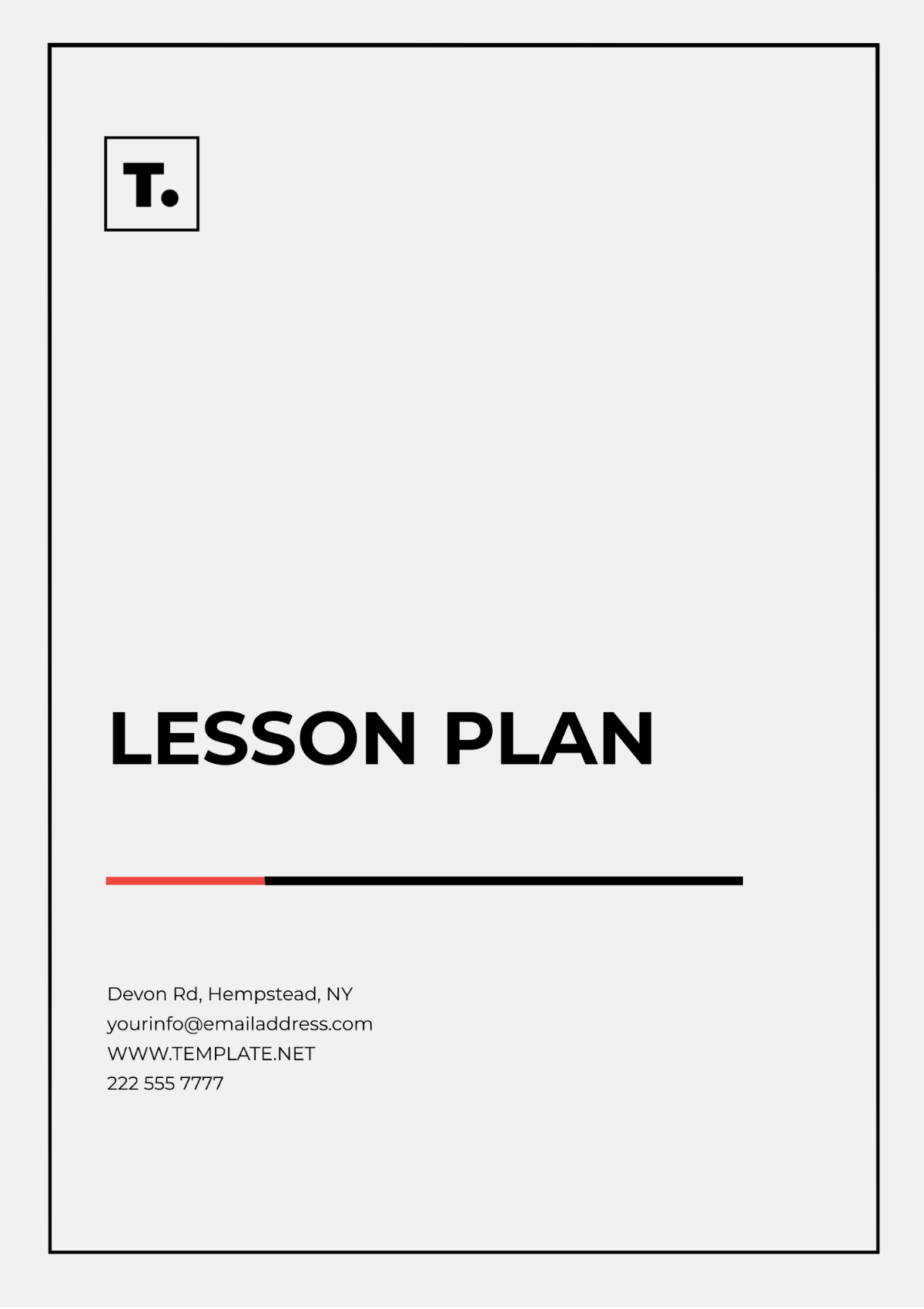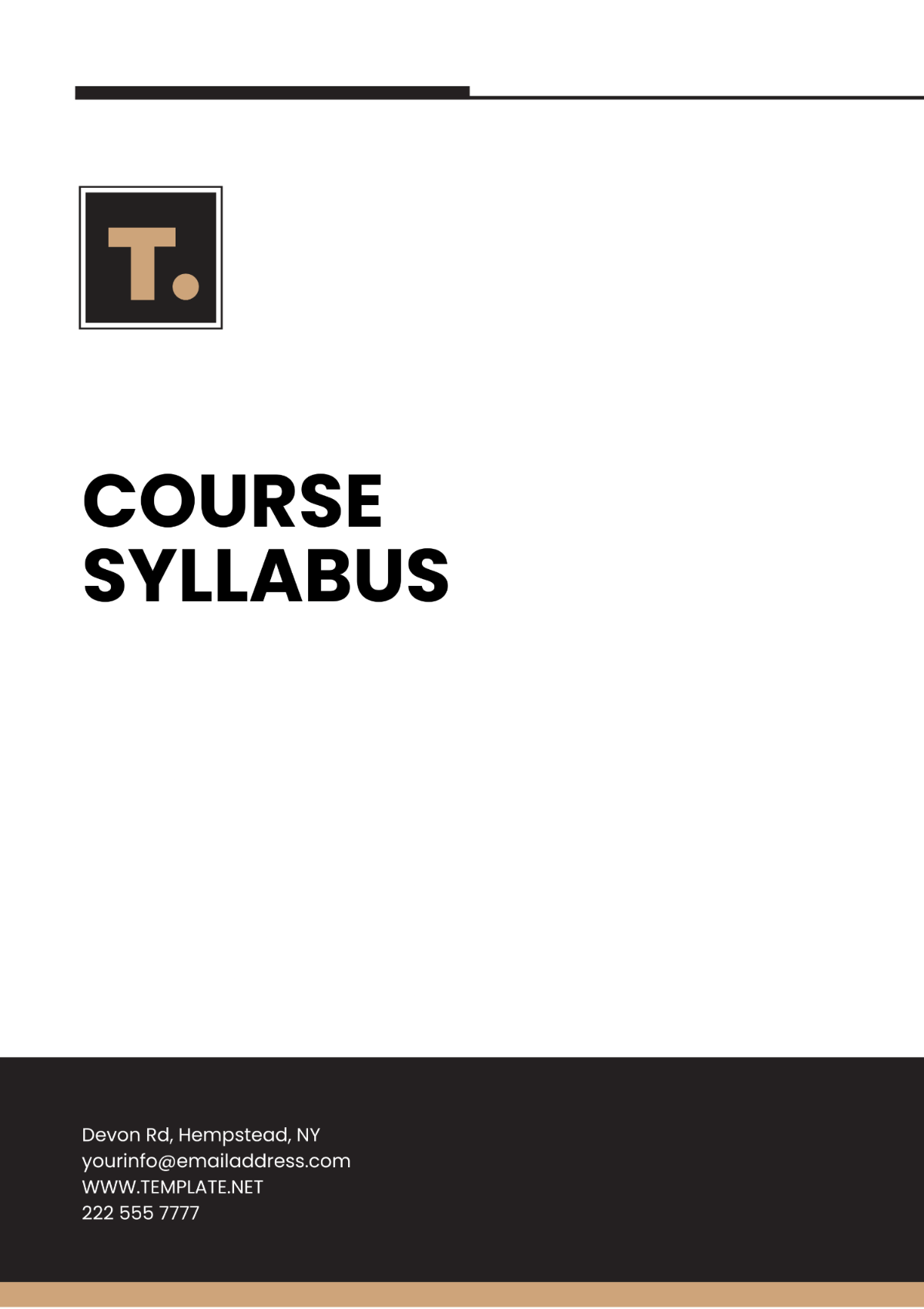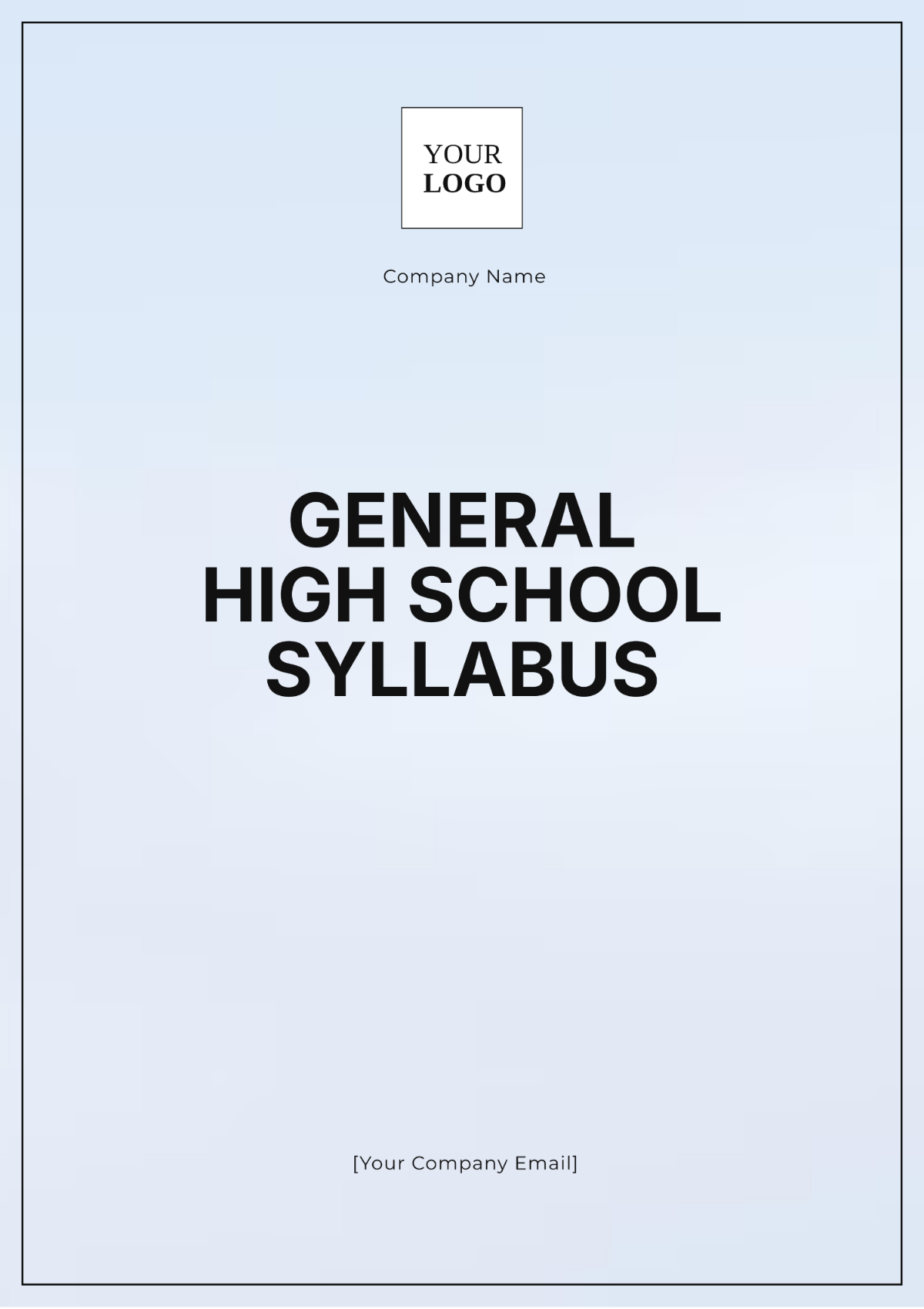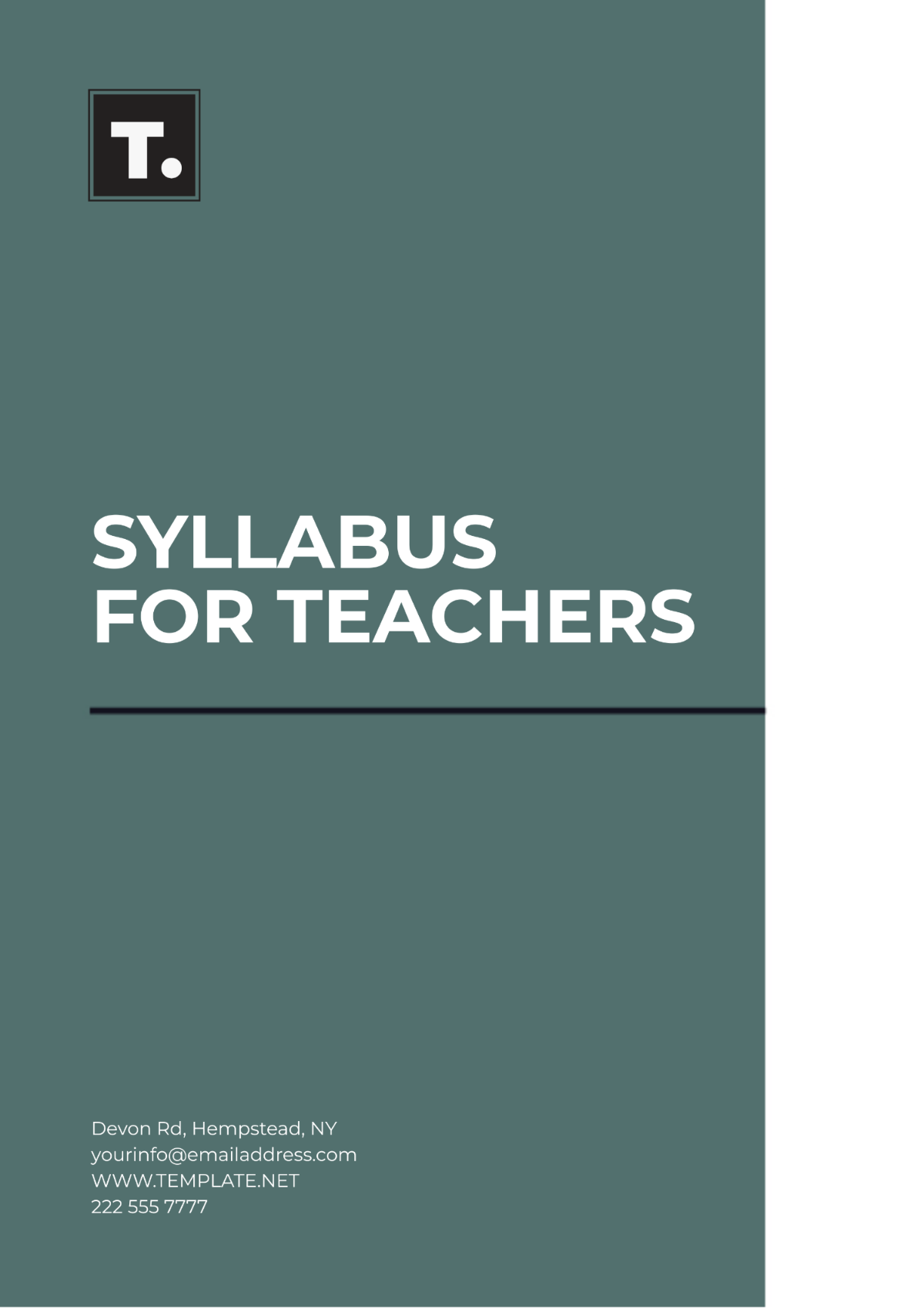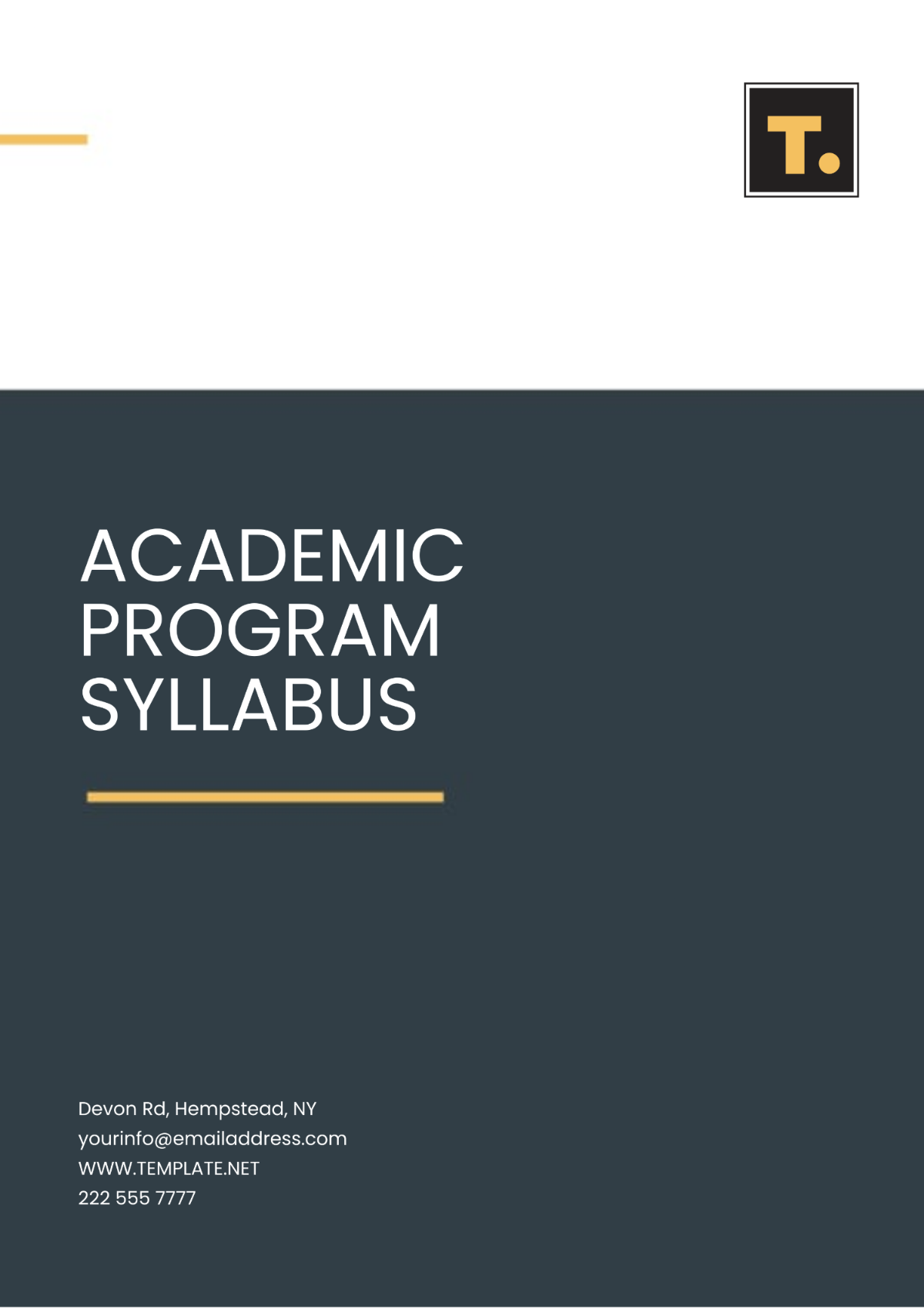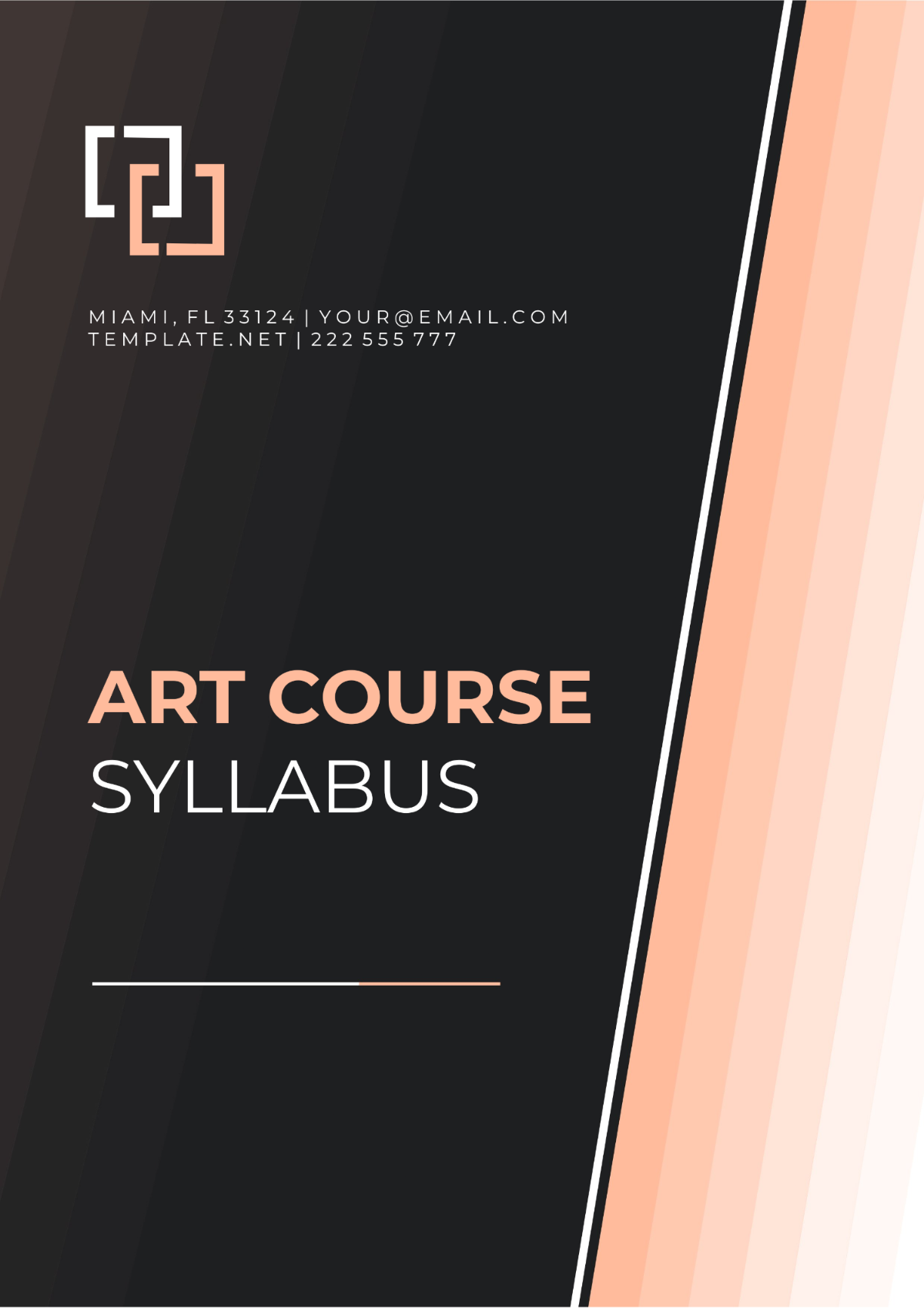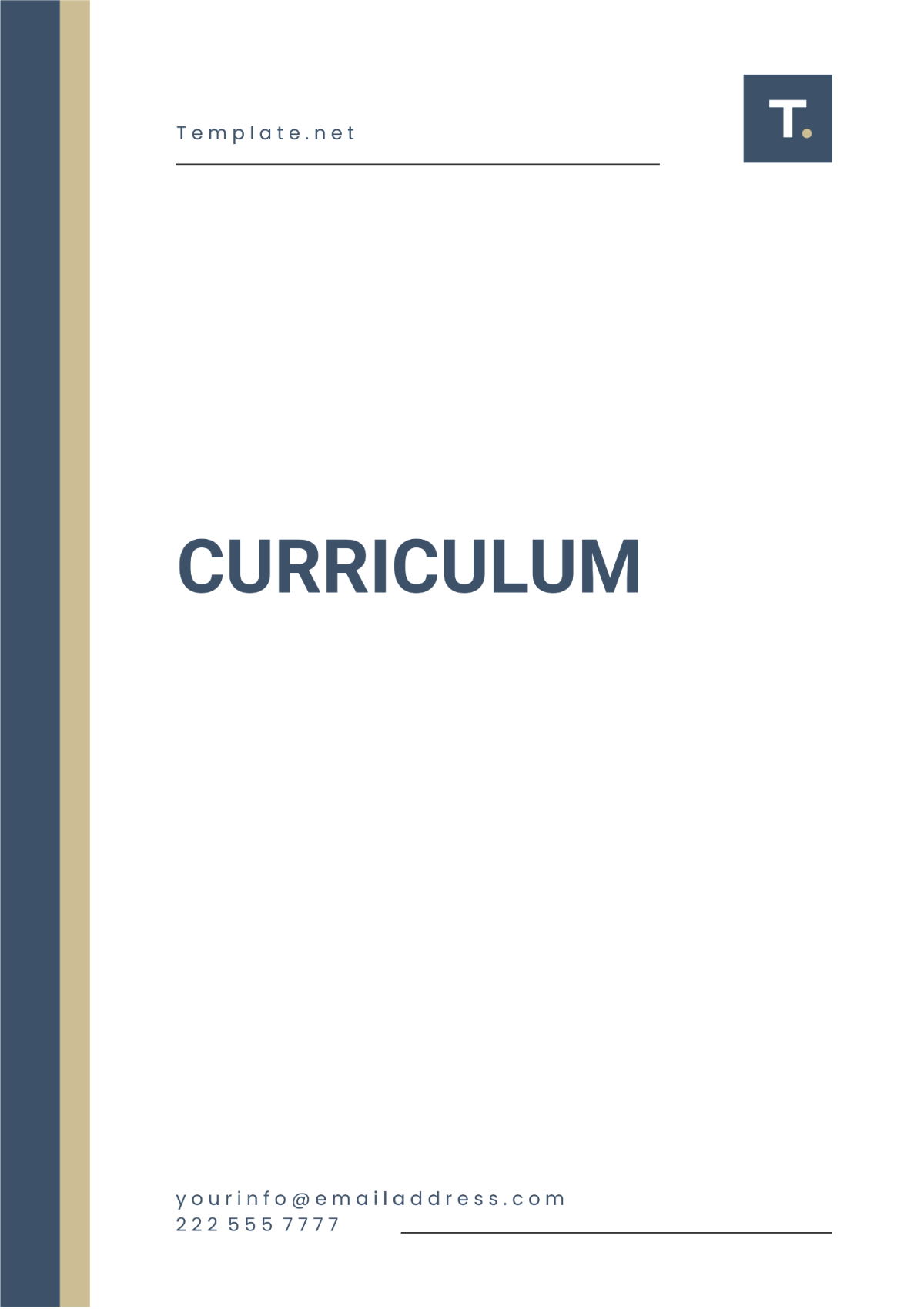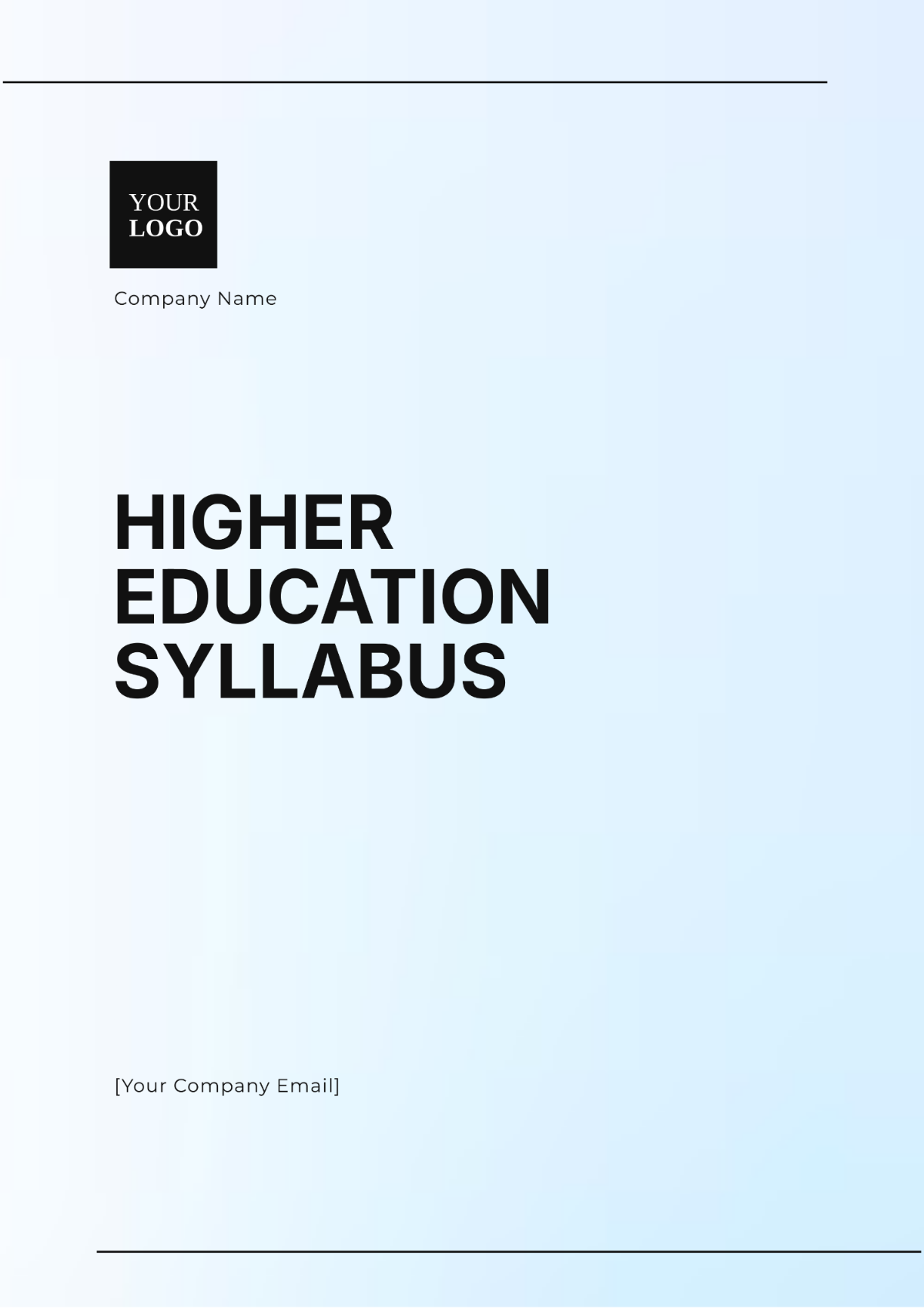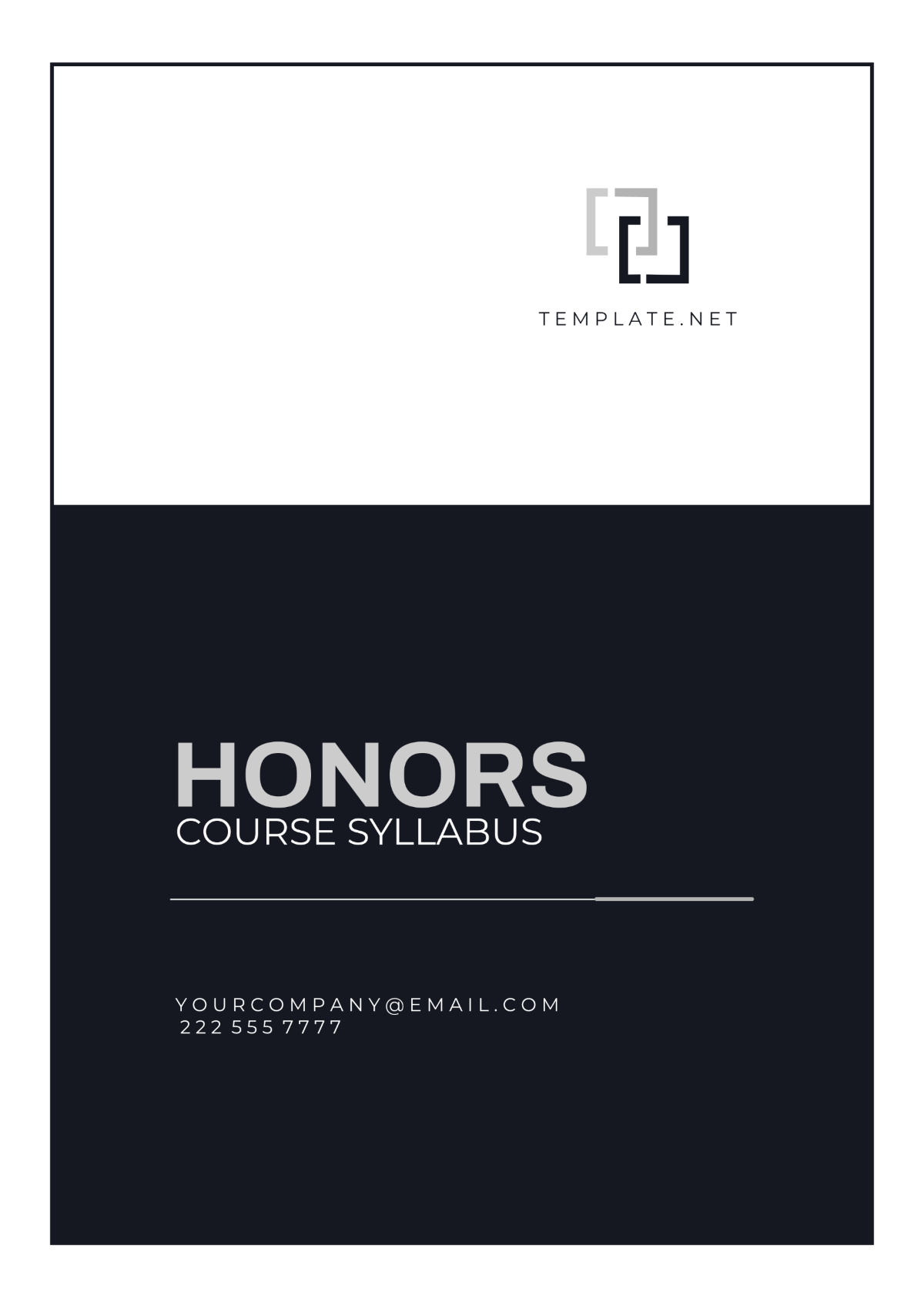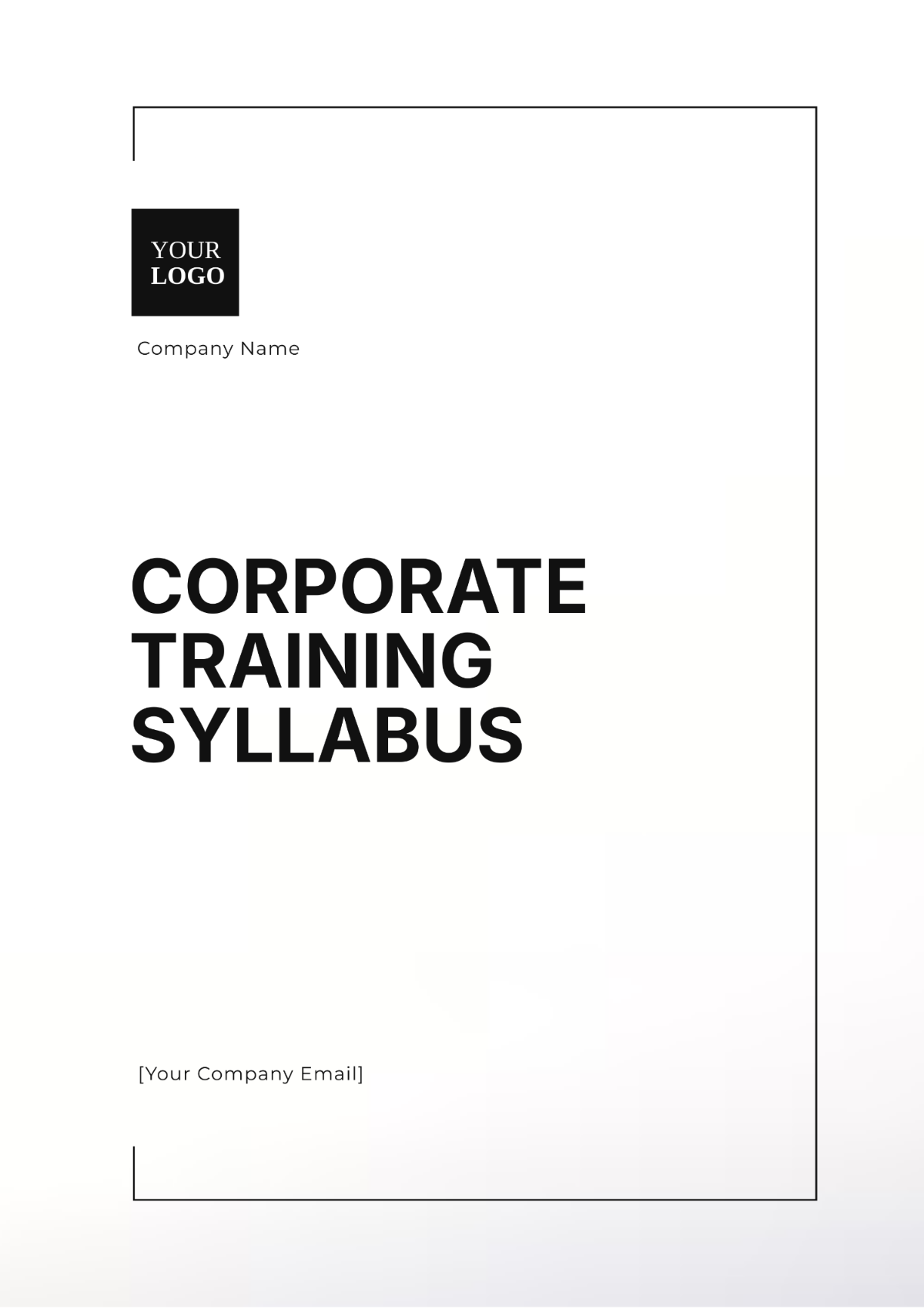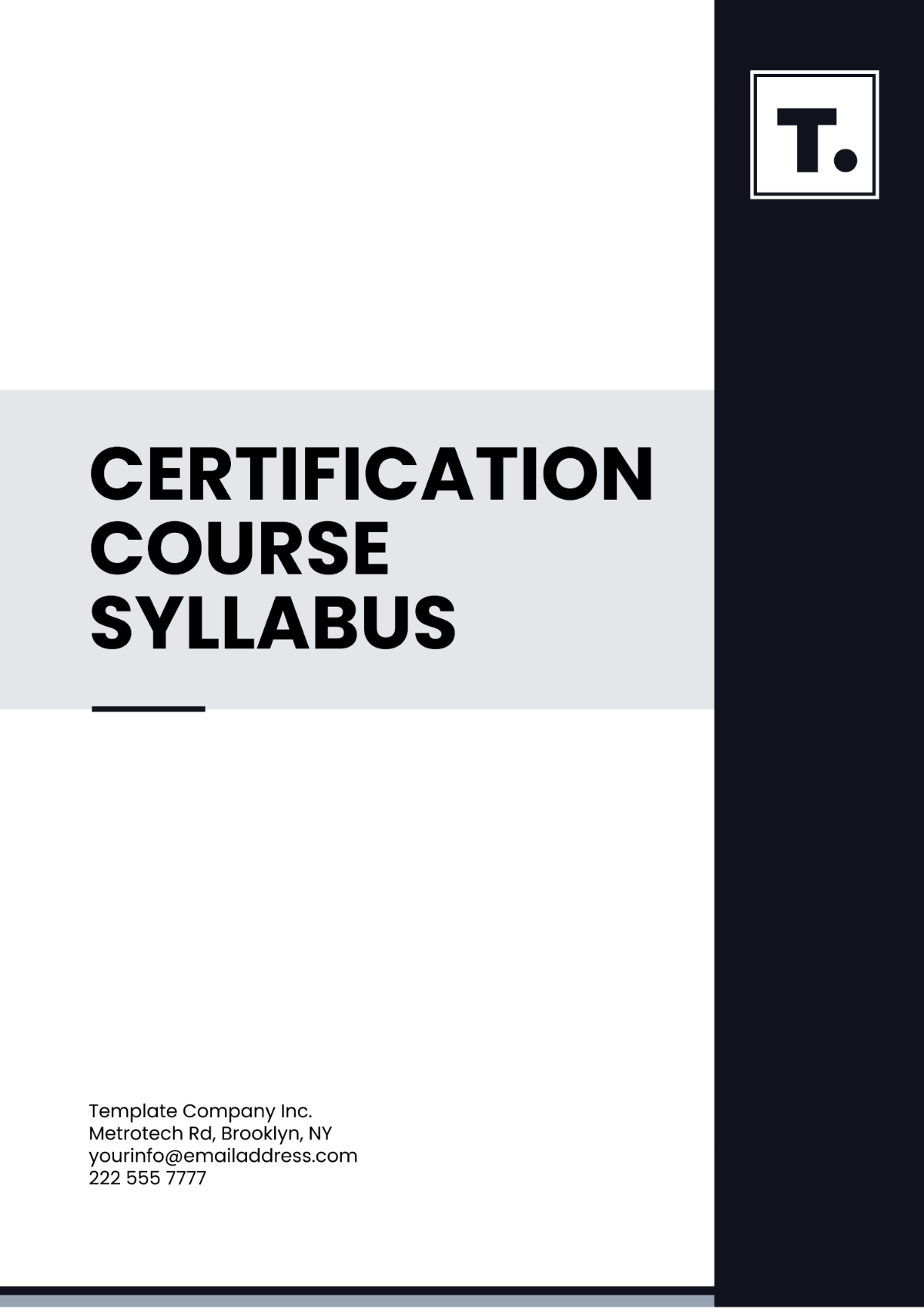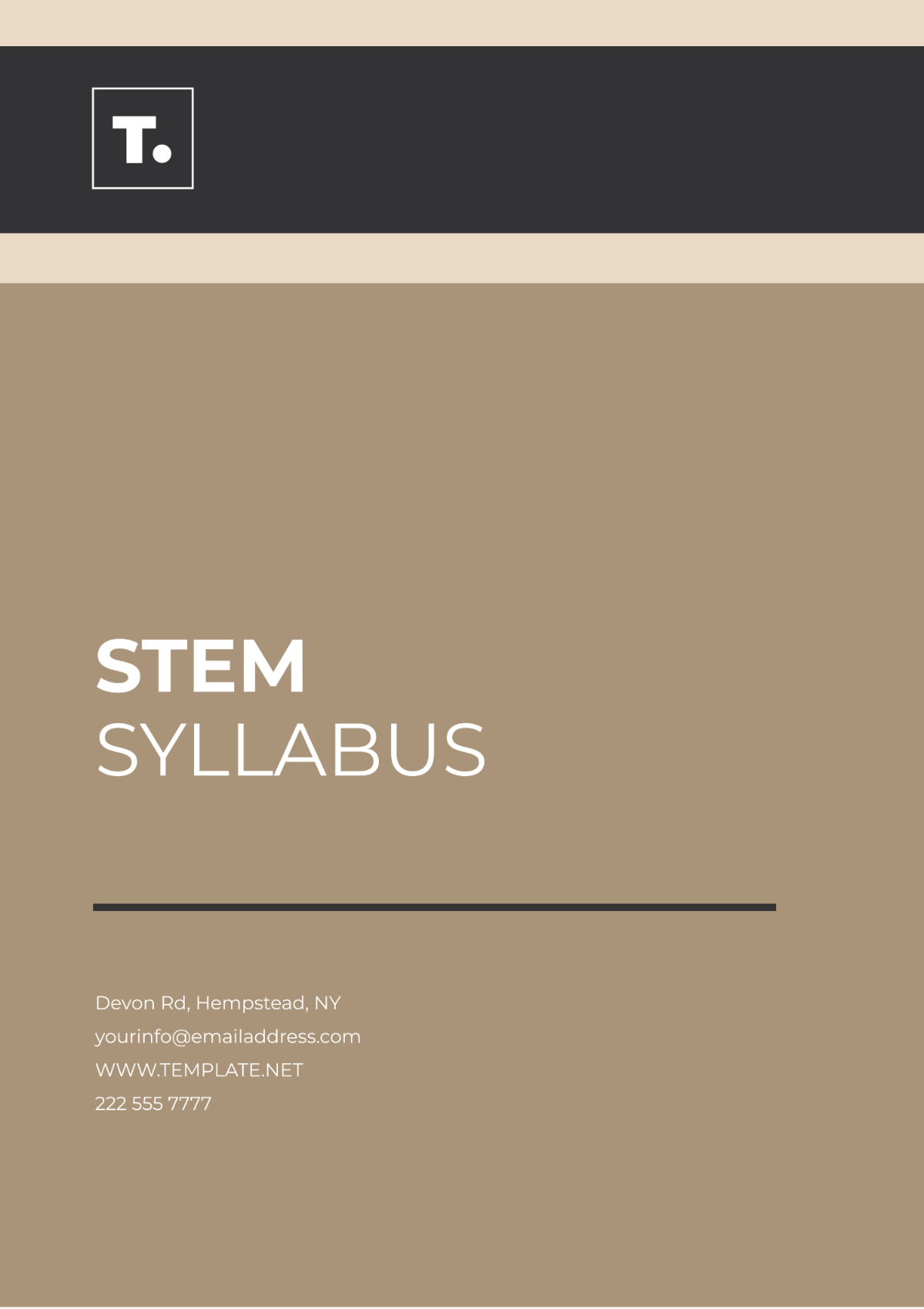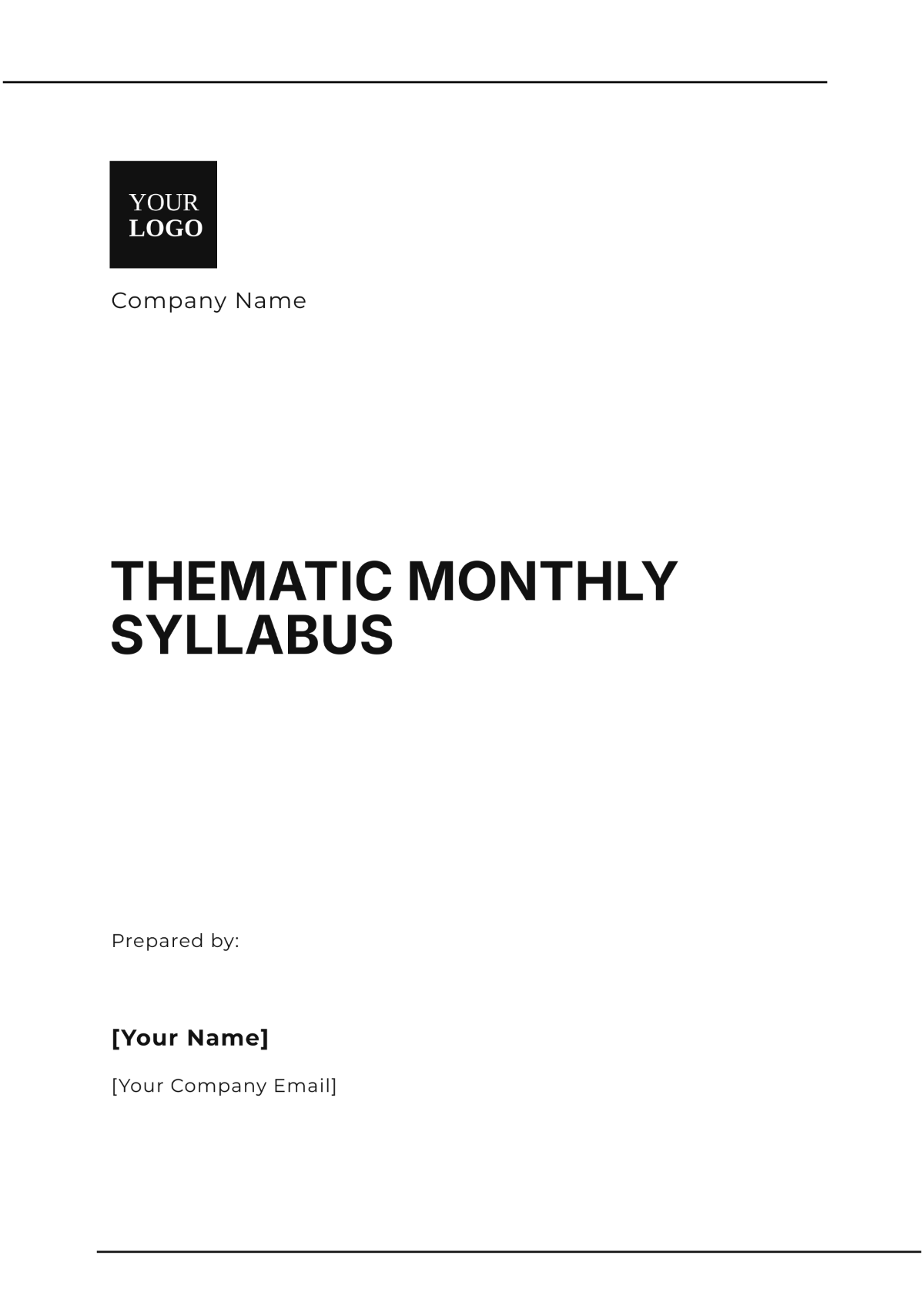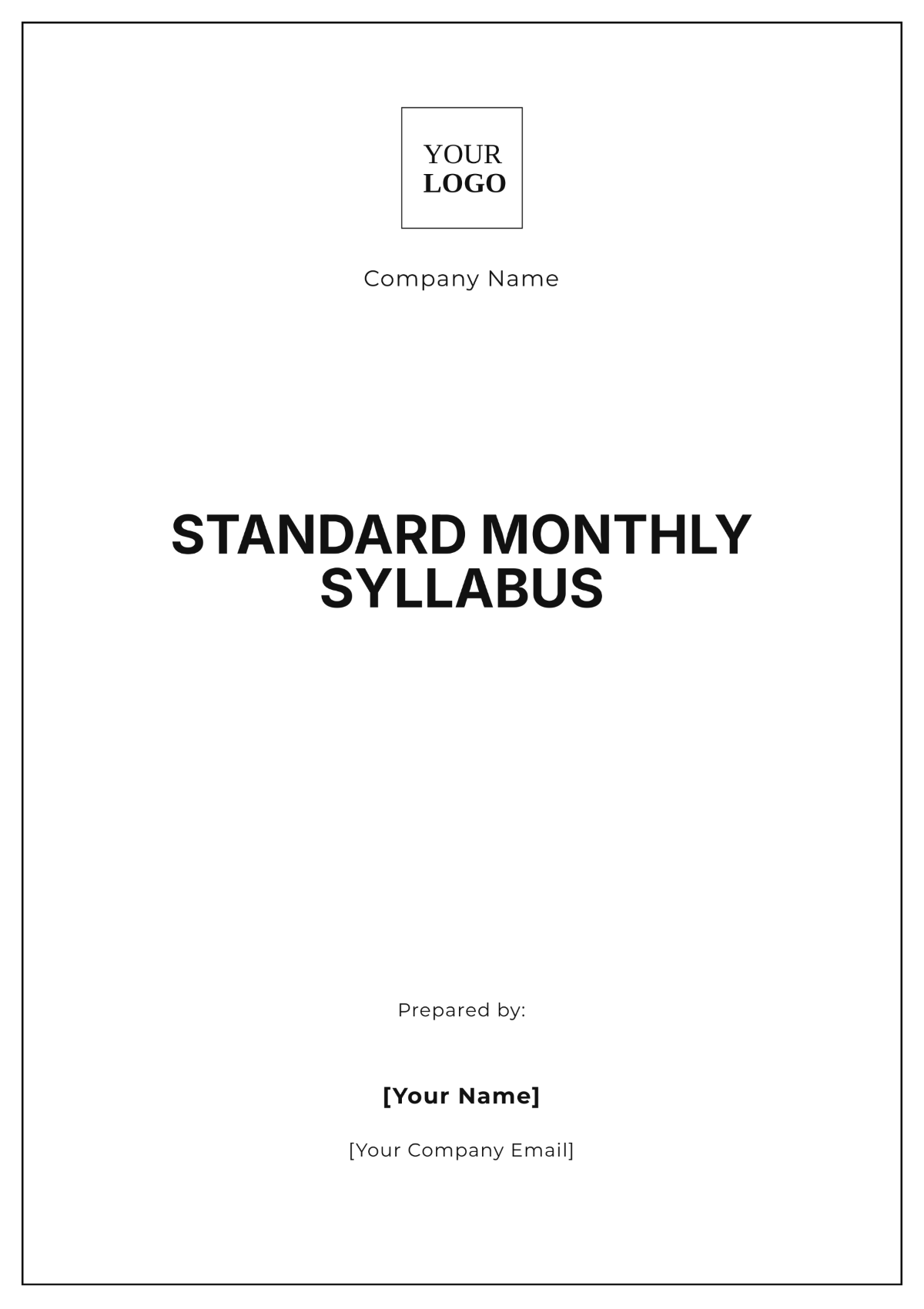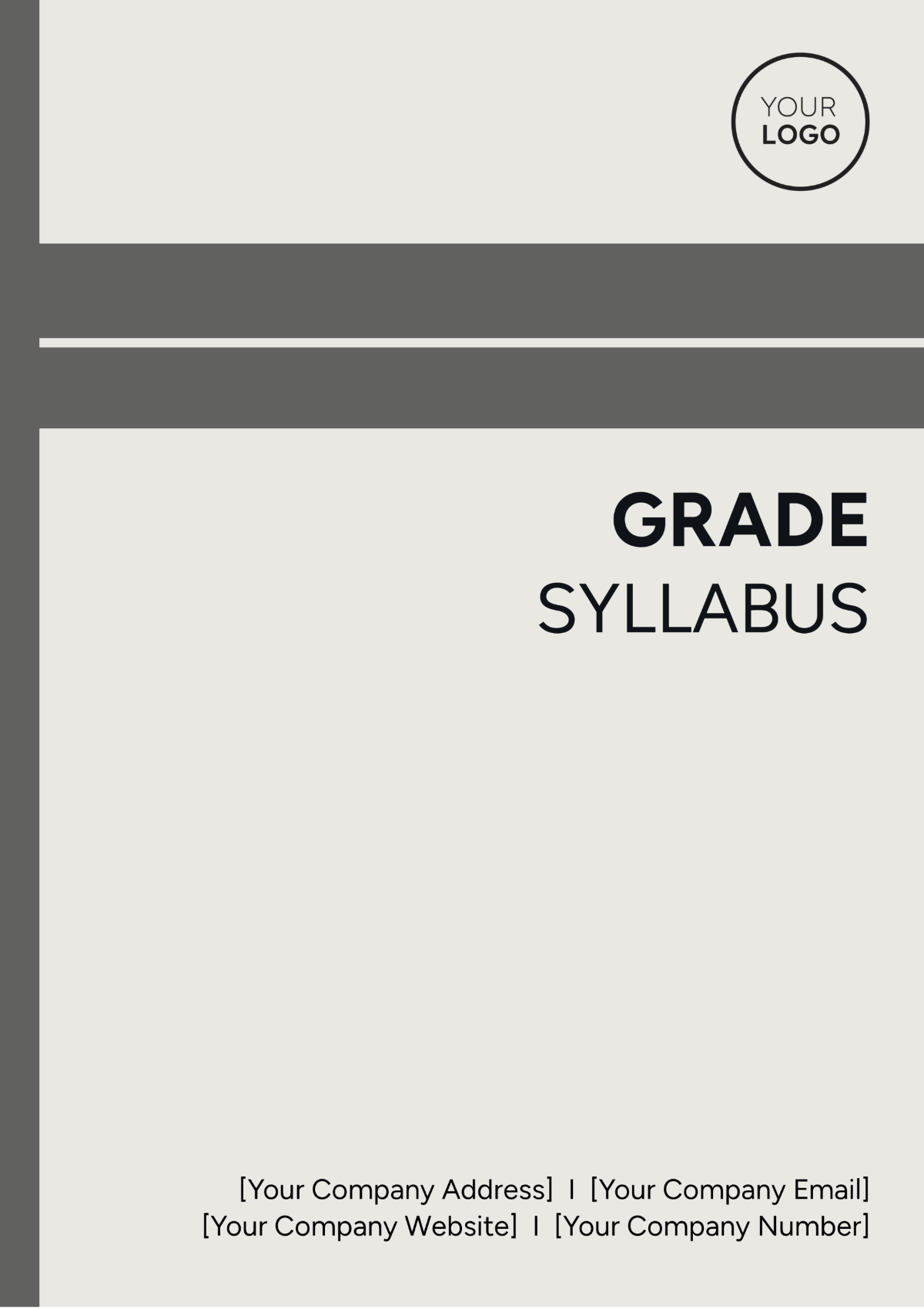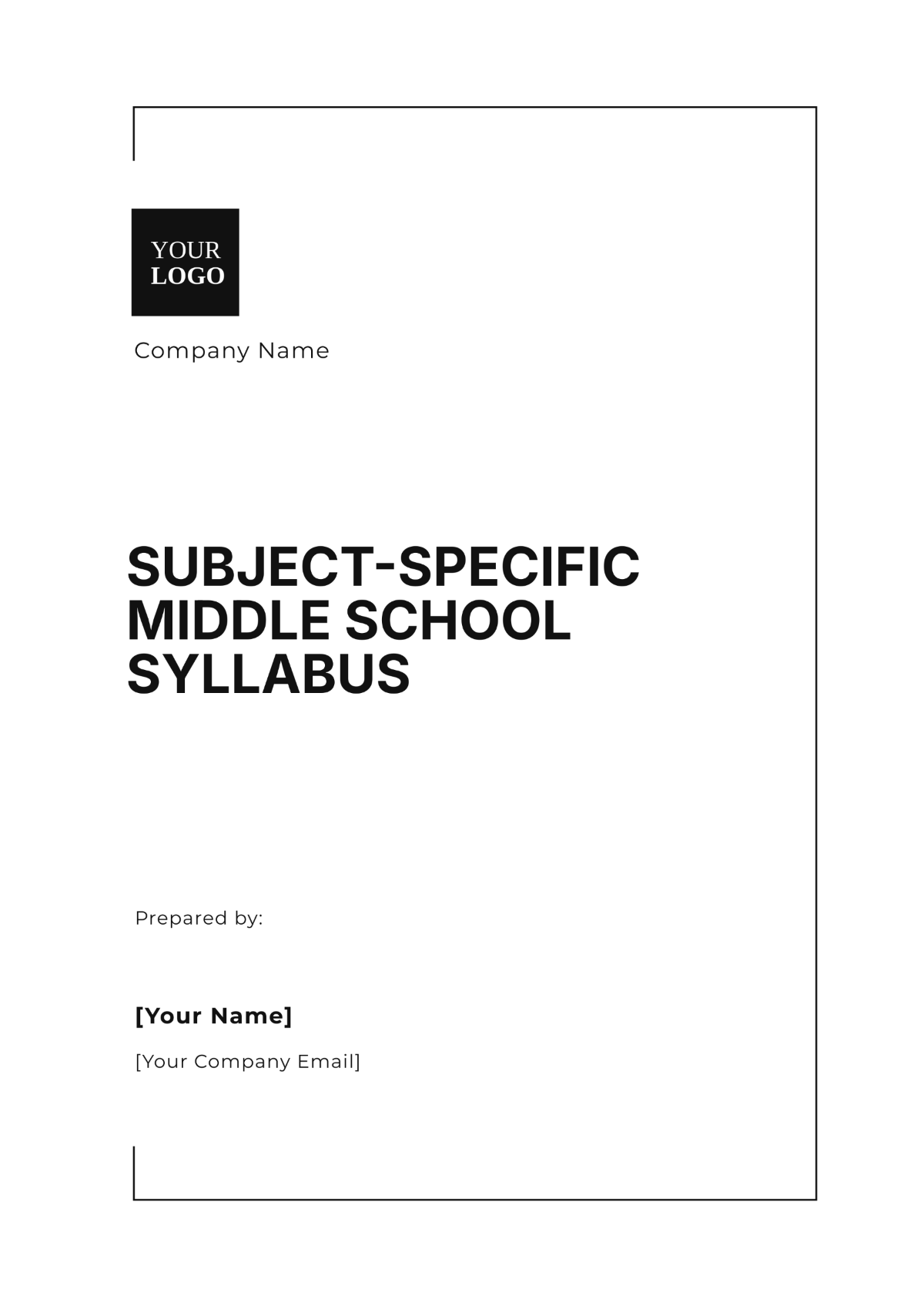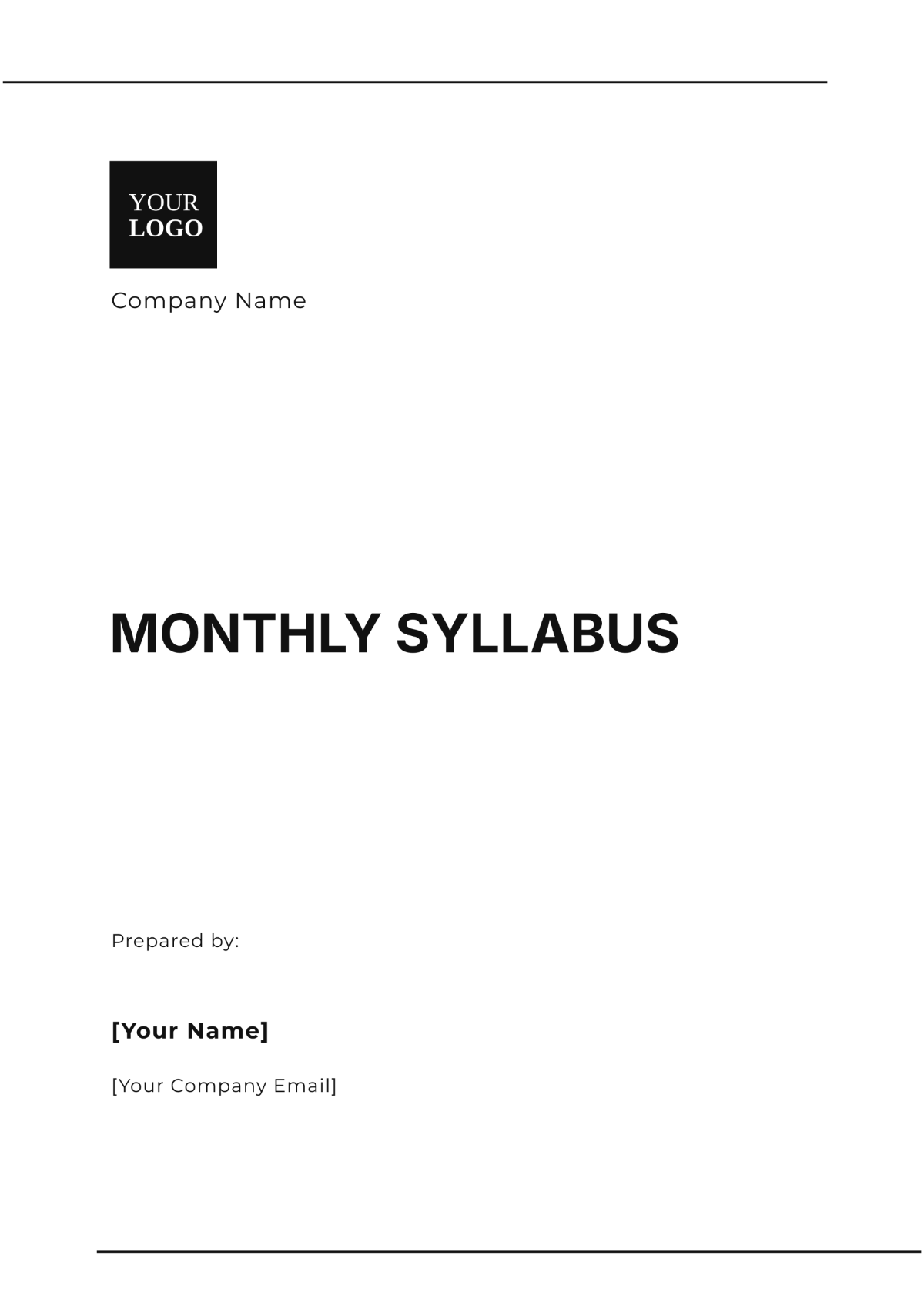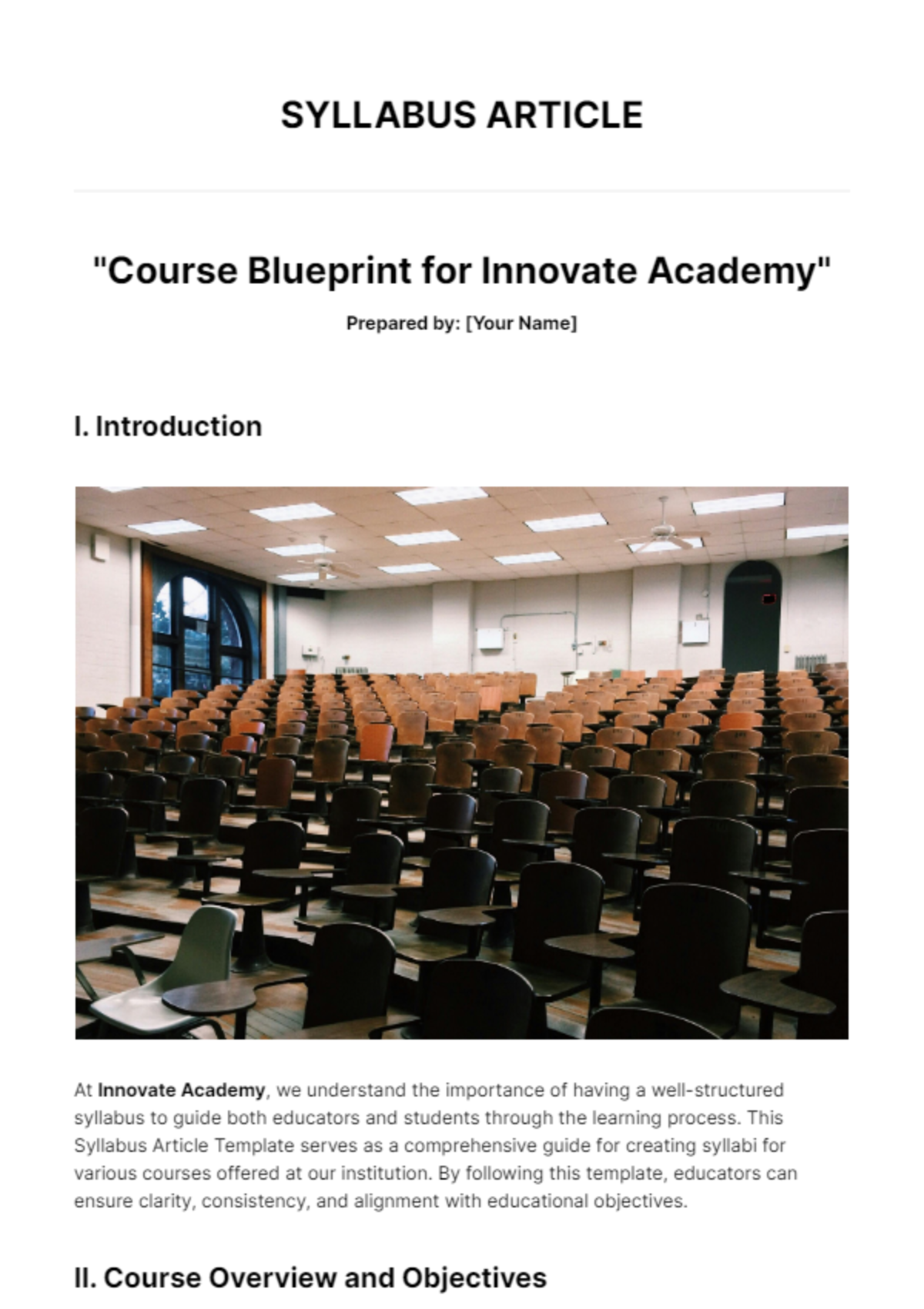Free Music Theory Syllabus Template
Music Theory Syllabus
Music Course
Course Title | [COURSE TITLE] |
Course Code | [COURSE CODE] |
Instructor Name | [YOUR NAME] |
[YOUR EMAIL] | |
Office Hours | [OFFICE HOURS] |
Class Location | [CLASS LOCATION] |
Class Time | [CLASS TIME] |
Class Duration | [DATE] - [DATE] |
1. Course Description
This course aims to provide an introduction and comprehensive understanding of basic music theory concepts. It is designed to be beneficial for both music instructors and students interested in exploring the fundamentals that underline the world of music. Within this course, we will delve into the study of pitches, scales, rhythms, chords, and how they interact with each other.
2. Instructor Information
Instructor: [YOUR NAME]
Organization: [YOUR COMPANY NAME]
Email: [YOUR EMAIL]
3. Learning Objectives
To understand the basic elements of music such as pitches, scales, rhythms, and chords
To relate the theoretical concepts to practical music applications
To develop an understanding of basic notation, including reading and writing of music notes
To stimulate critical thinking about how music works
To prepare students for more advanced topics in music theory and applied music
4. Course Schedule
Week | Topic | Notes |
|---|---|---|
1 | The Basics: Notes, Beats and Rhythm | Introduction to music principles |
2 | Musical Scales and Keys | Understanding scales and construction |
3 | Chords and Harmony | Basics of chord progressions |
4 | Melodic Structure and Development | Analysis of melodies and motifs |
5 | Rhythmic Patterns and Meter | Exploring rhythmic elements in music |
6 | Cadences and Phrasing | Study of cadential patterns and phrases |
5. Required Reading and Materials
"Tonal Harmony" by Stefan Kostka and Dorothy Payne
"The Study of Orchestration" by Samuel Adler
Staff paper for note-taking and exercises
A piano keyboard (physical or digital)
Access to a music software (Sibelius or Finale)
6. Assignments and Assessments
Weekly assignments to apply the learned concepts
Mid-term project on creating a short piece using the learned concepts
Class discussions about the history of music theory
Final exam comprising a written test and a practical application
A final project on composing a complete piece
7. Course Policy
Attendance: Regular participation is crucial. Any absence must be justified and reported in advance.
Respect: Mutual respect is essential. Every opinion matters.
Academic Integrity: Any form of cheating or plagiarism will not be tolerated.
Deadlines: All assignments and projects have to be turned in on time.
Communication: All queries should be directed through the provided contact information.
8. Grading Policy
Category | Weight |
|---|---|
Class participation | 20% |
Weekly assignments | 20% |
Mid-term project | 20% |
Final exam | 20% |
Final project | 20% |
9. Disclaimer
The course syllabus that students and participants are initially presented with is not set in stone. It is subject to potential alterations and modifications as dictated by the evolving requirements and indispensable elements of the course. In all situations, when there are crucial changes made to the syllabus, whether they are amendments or revisions, the involved parties of students and participants will be notified. The information concerning these changes will be conveyed in the most expeditious and swift manner to ensure everyone remains informed and up-to-date about the course content and structure.

